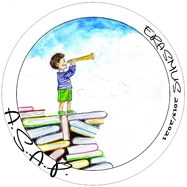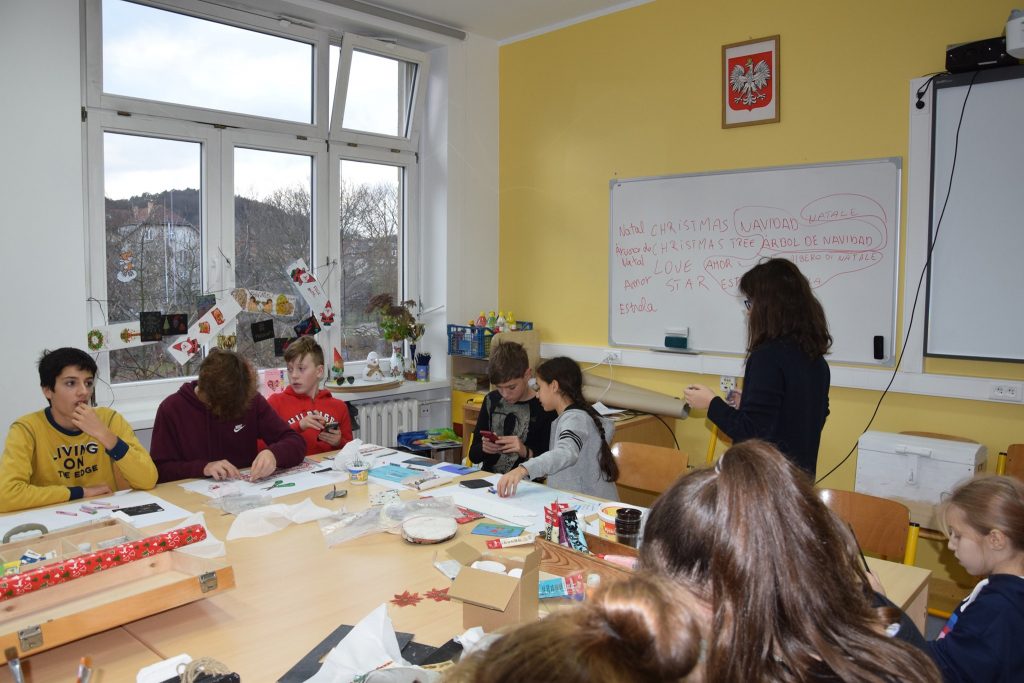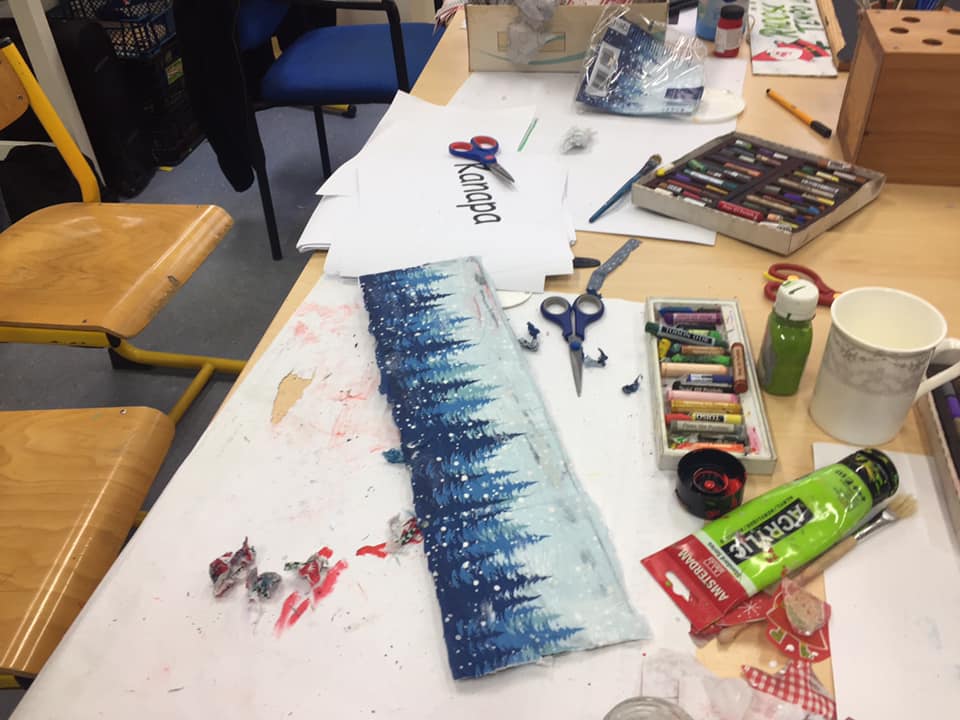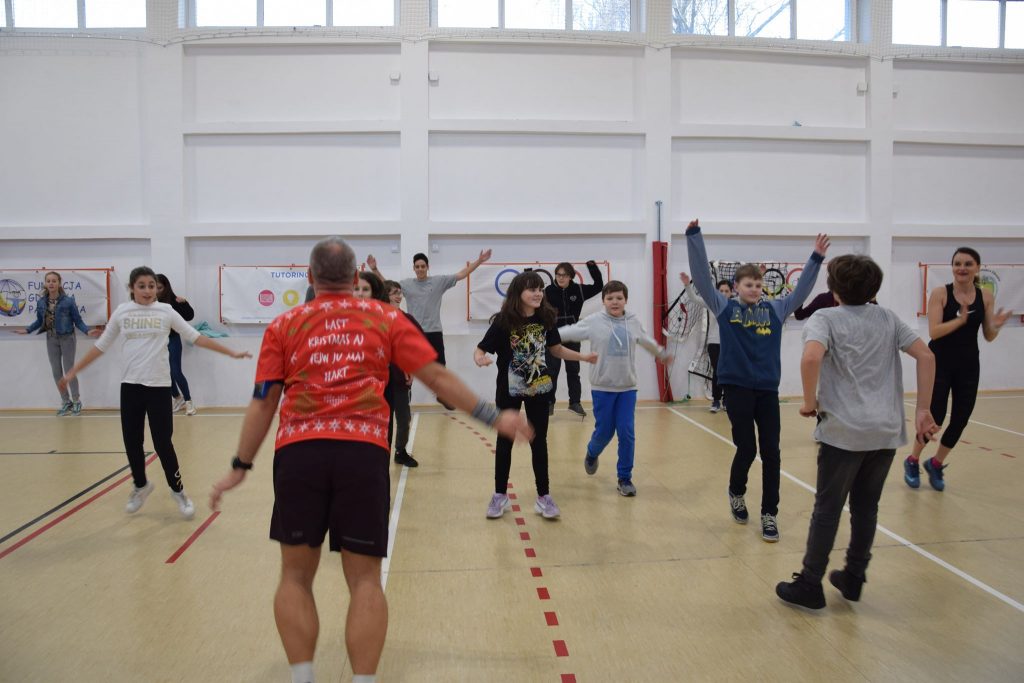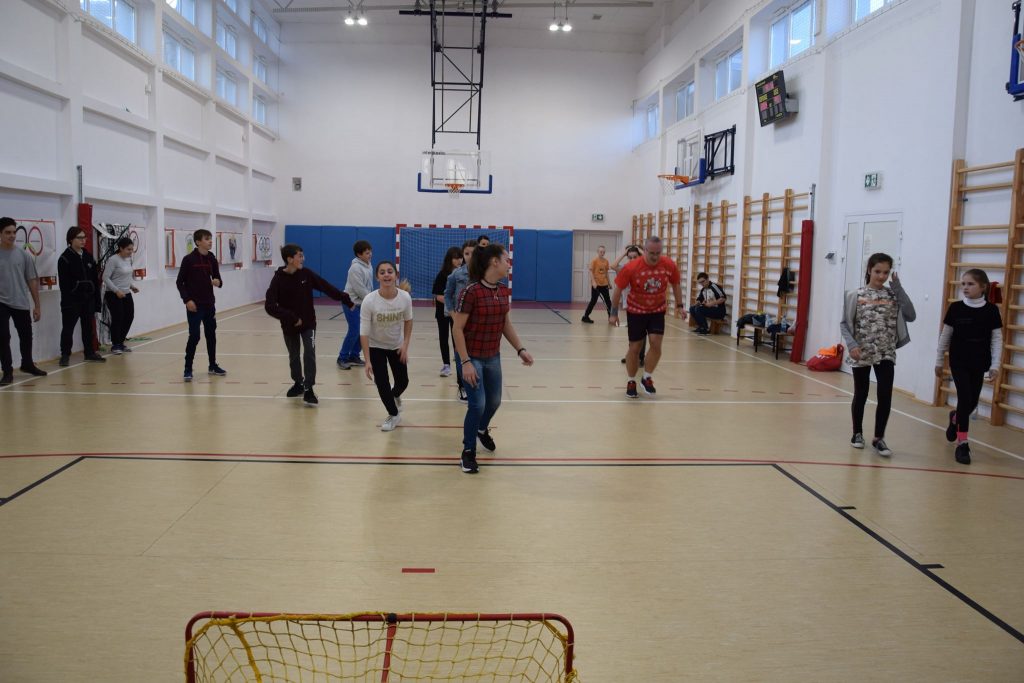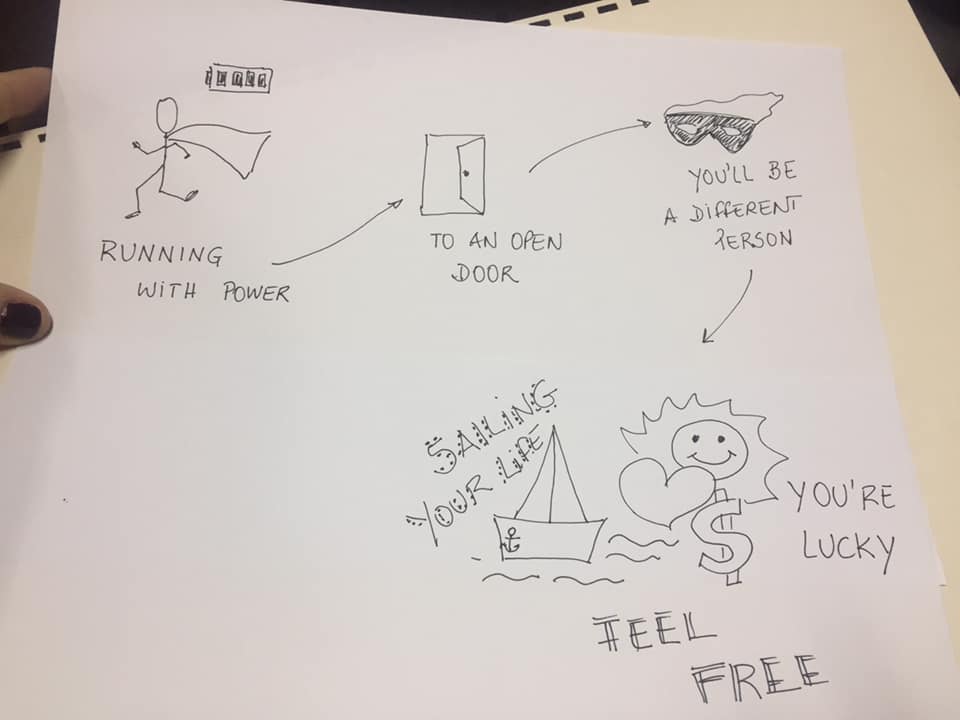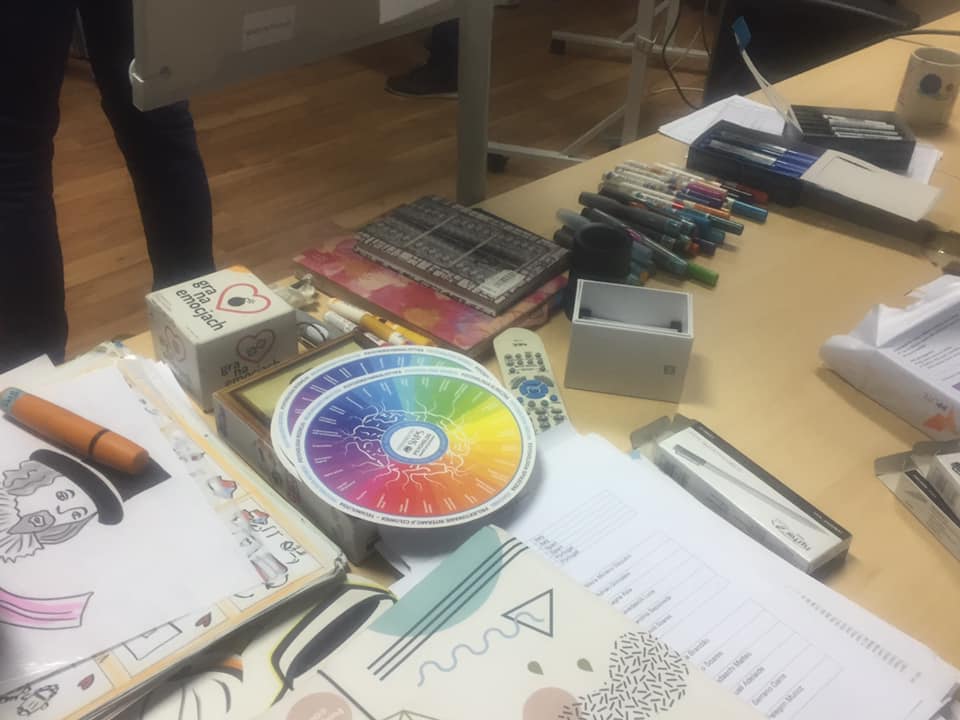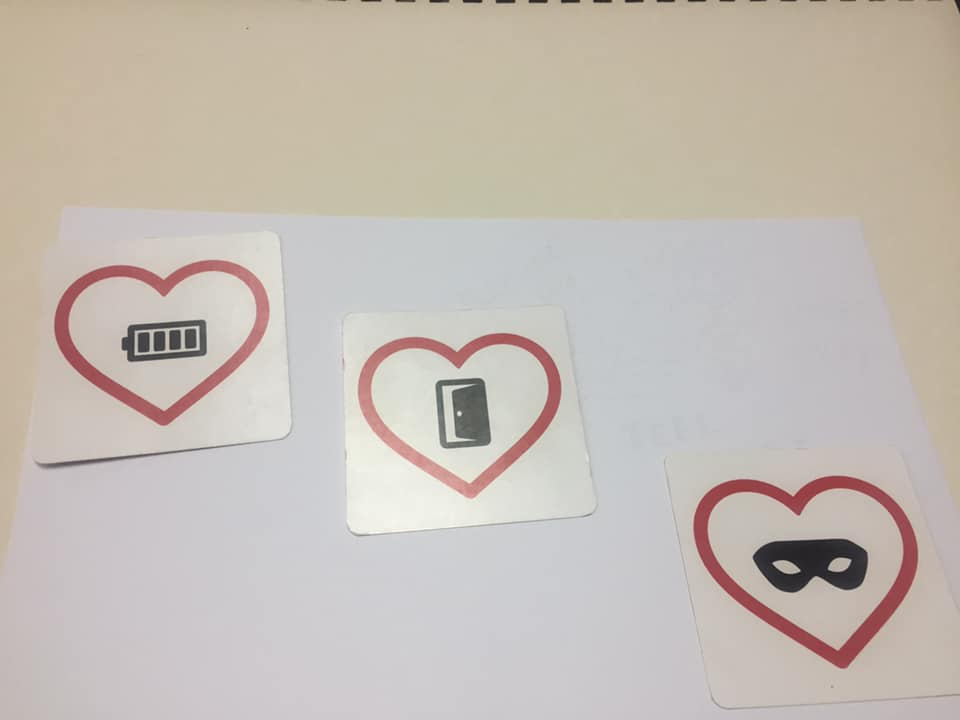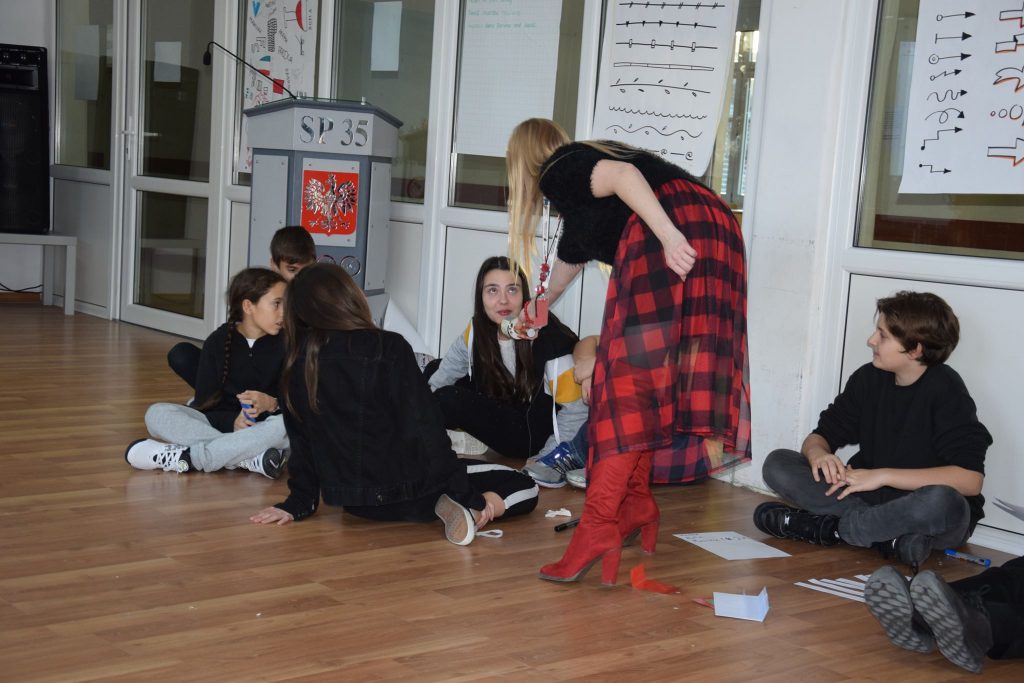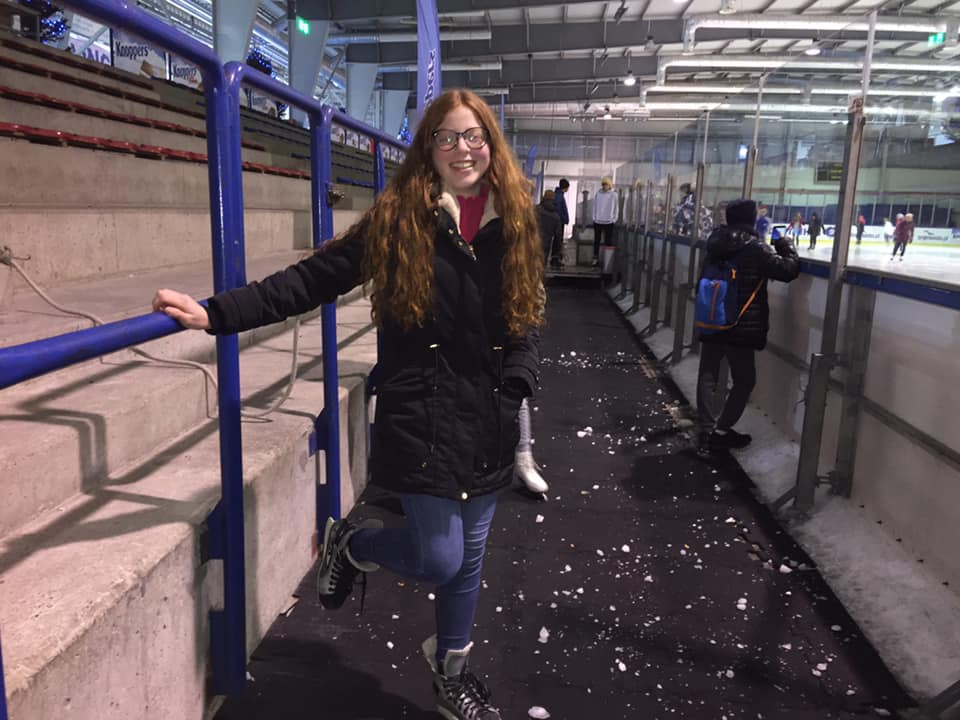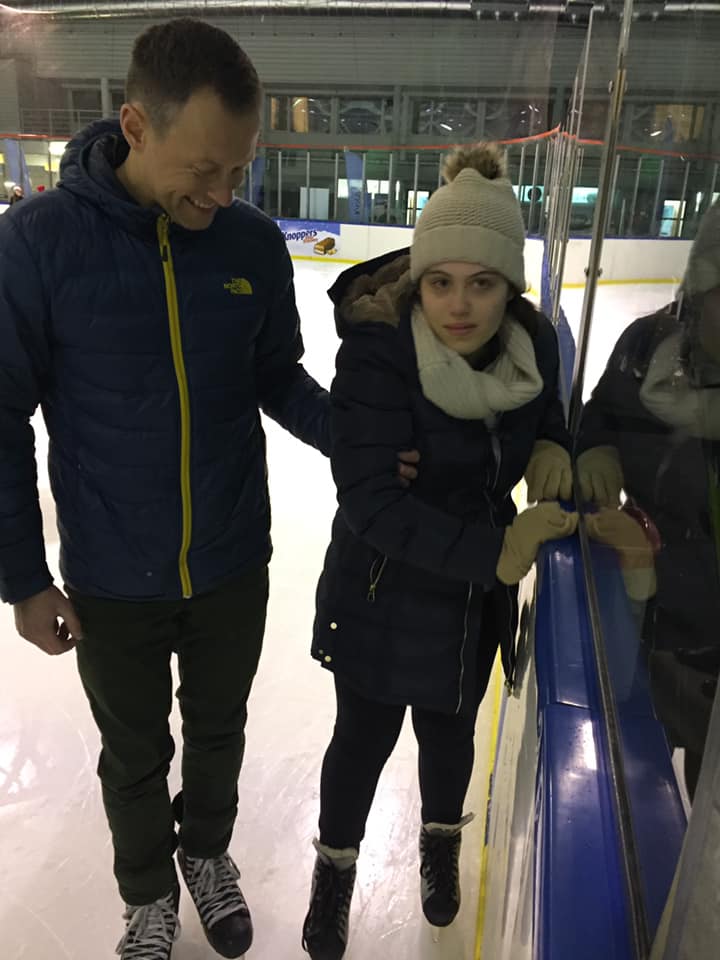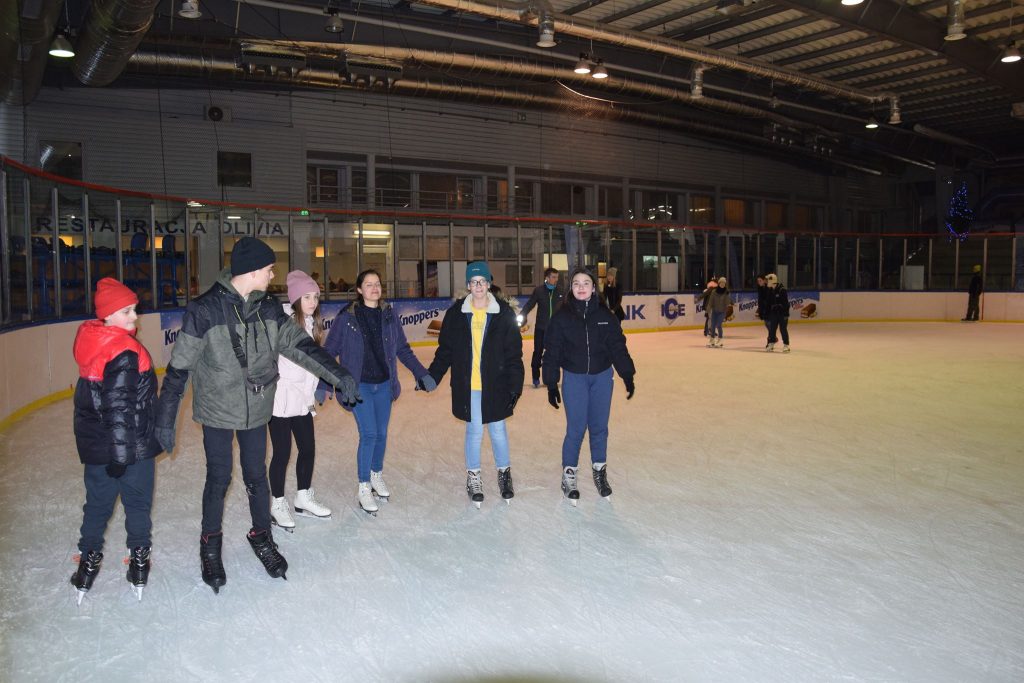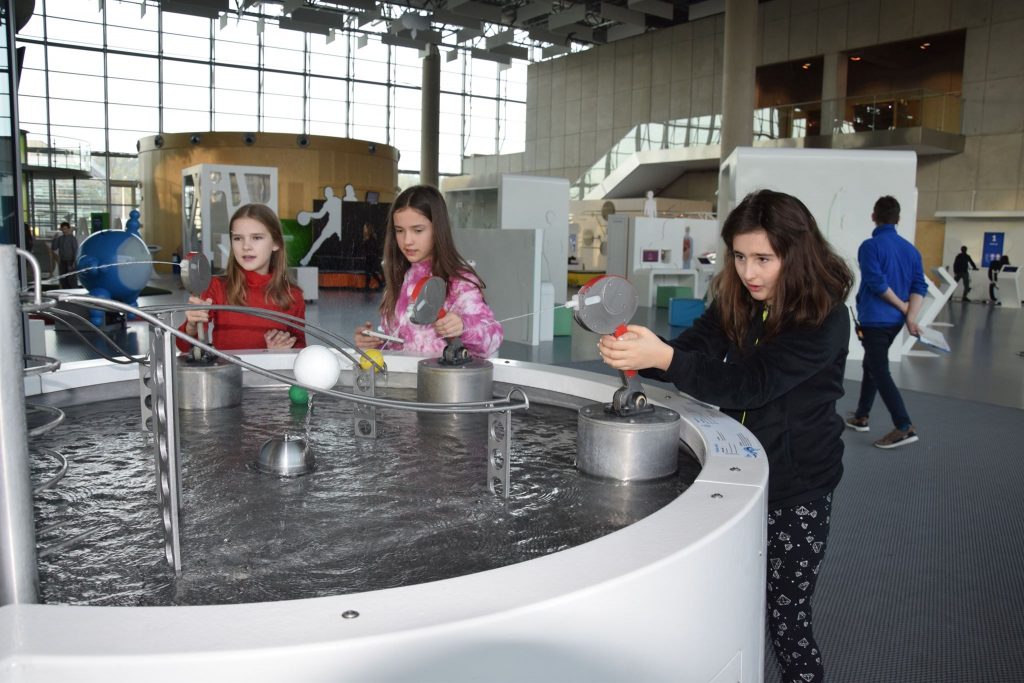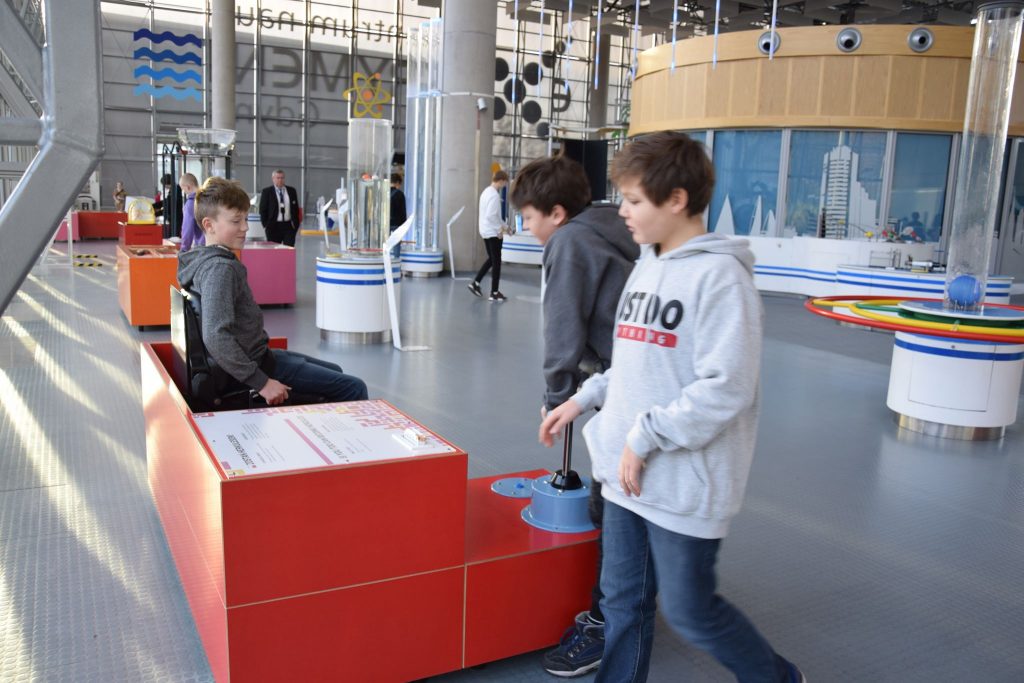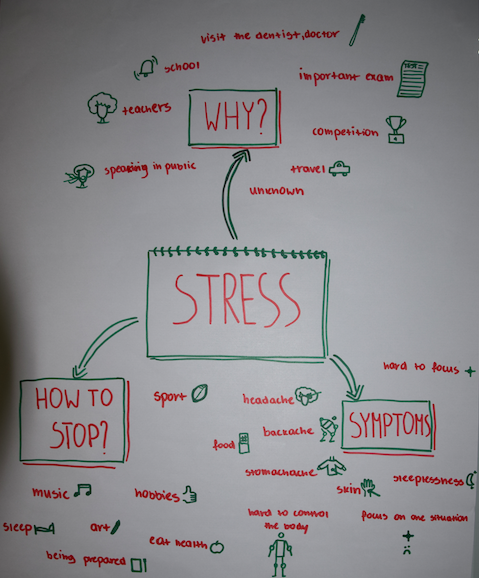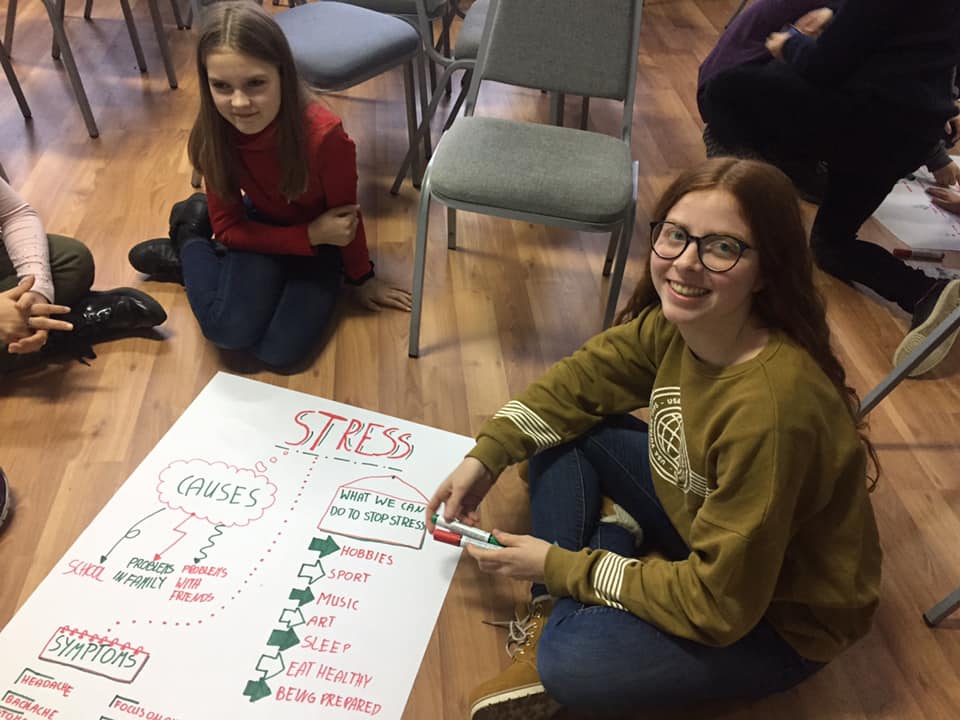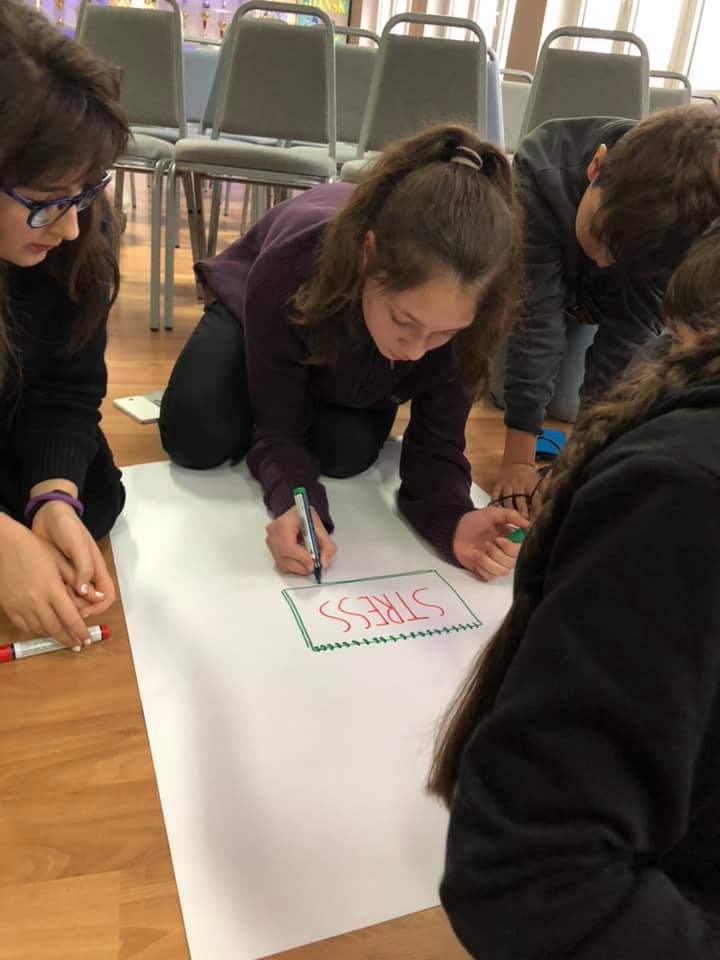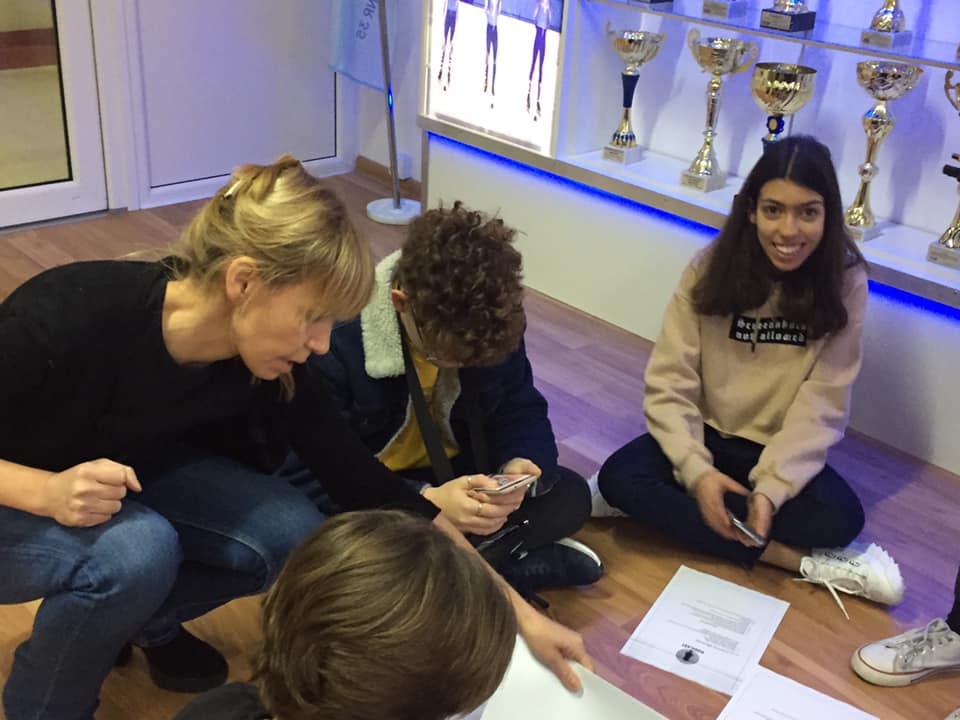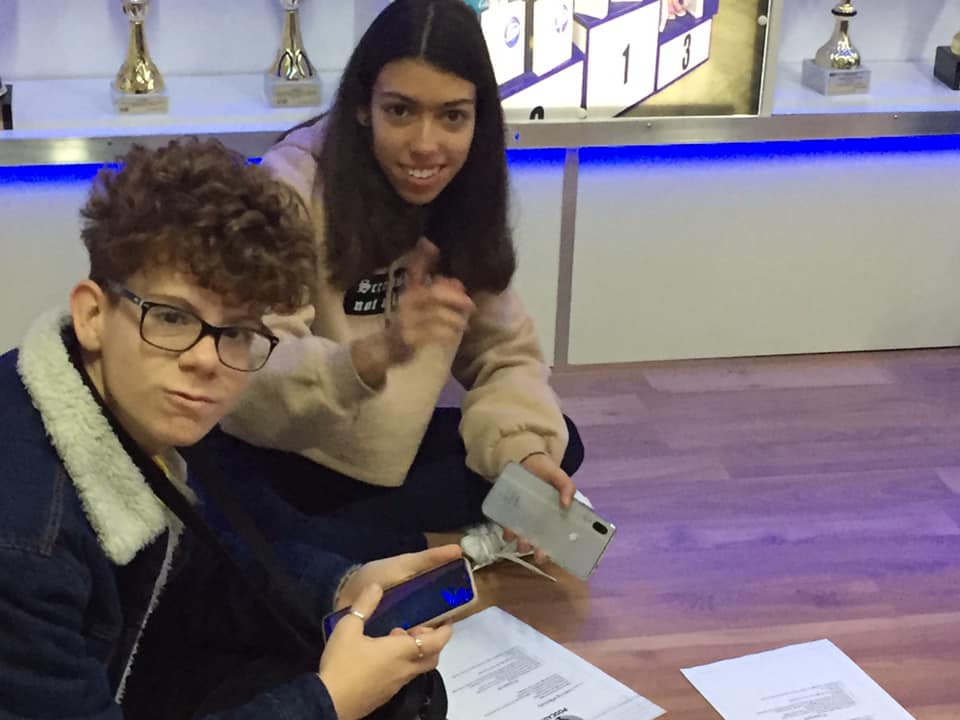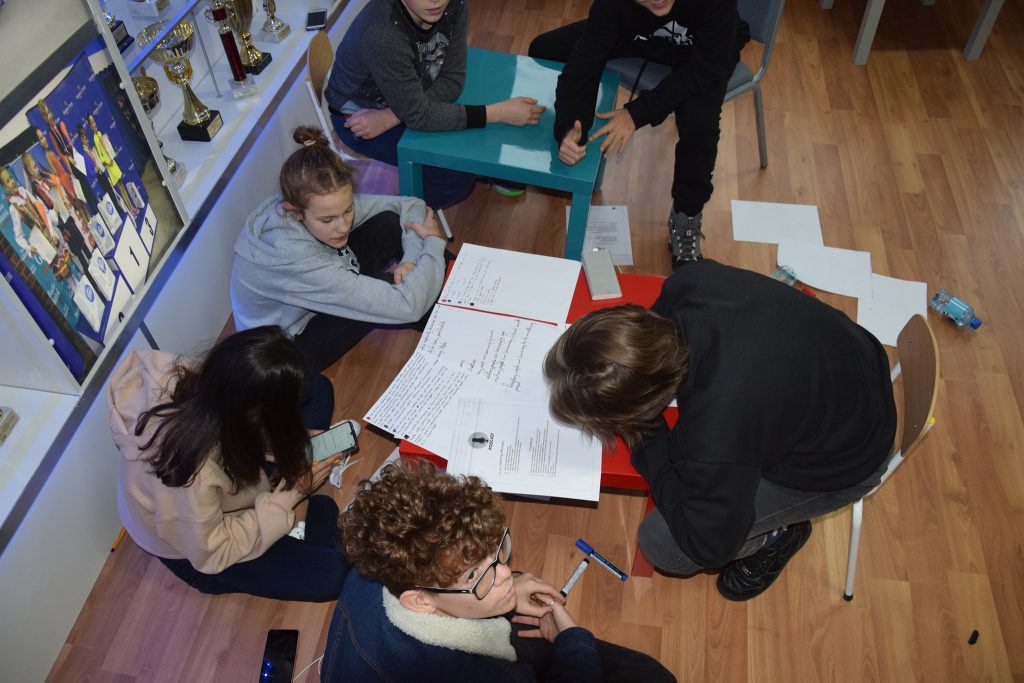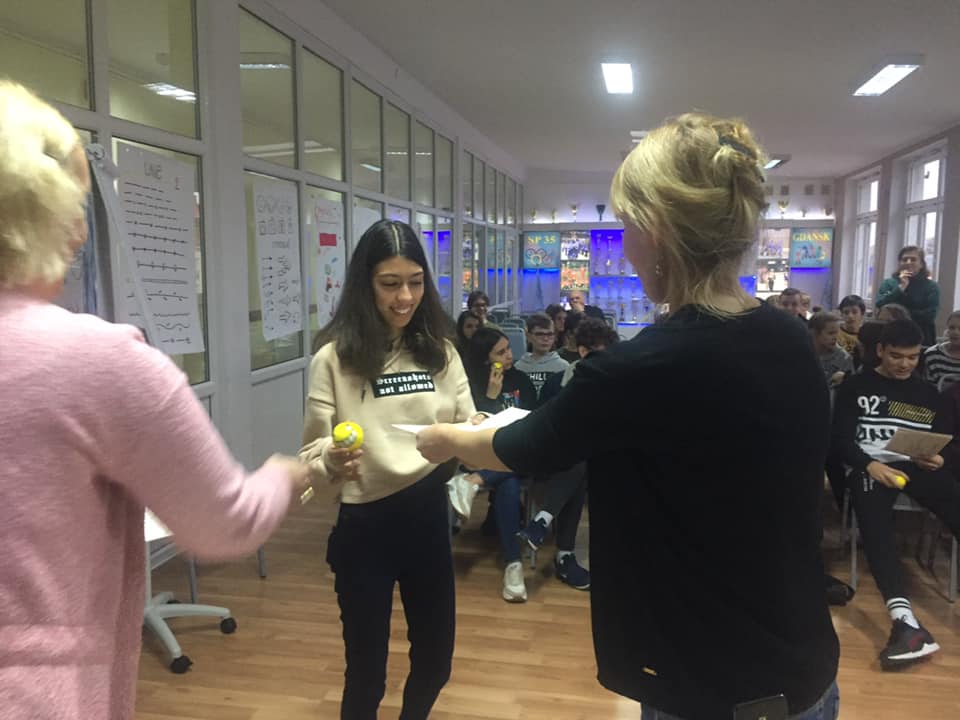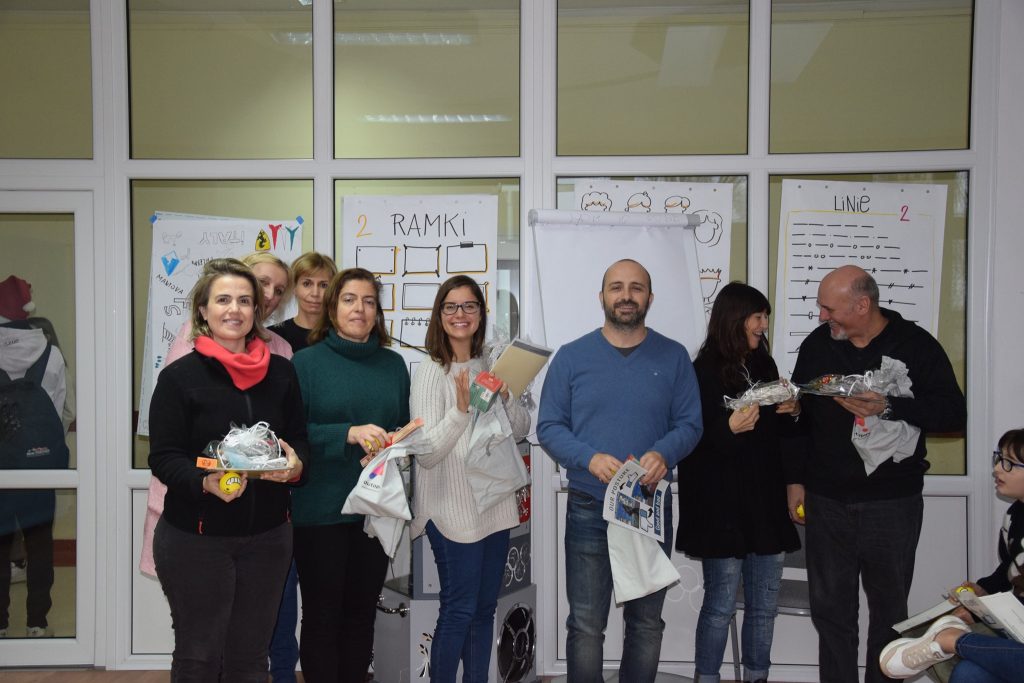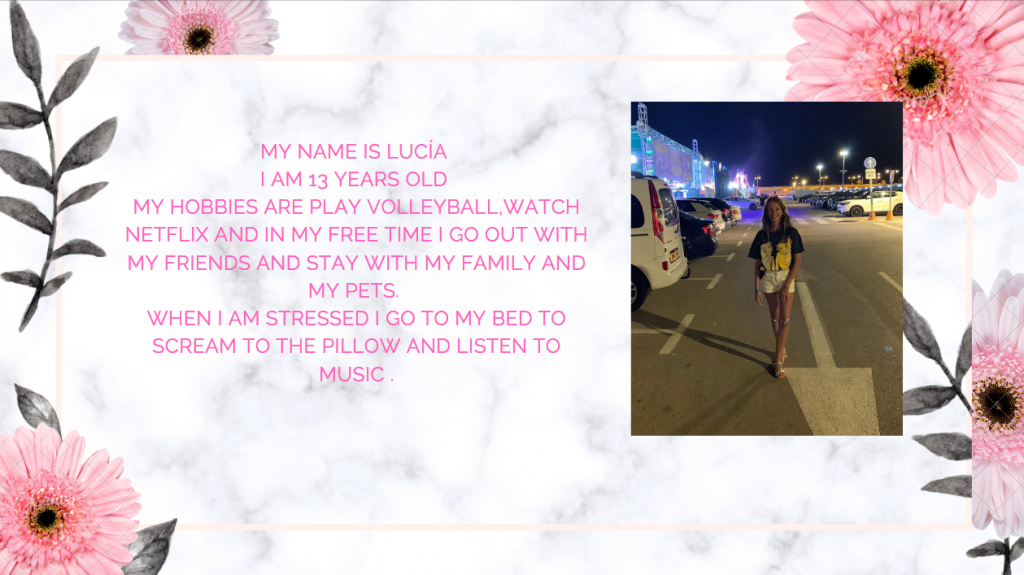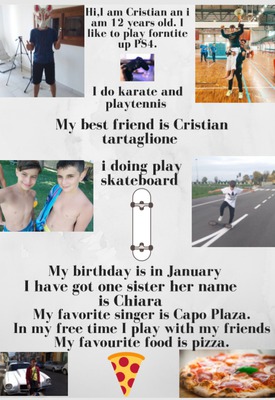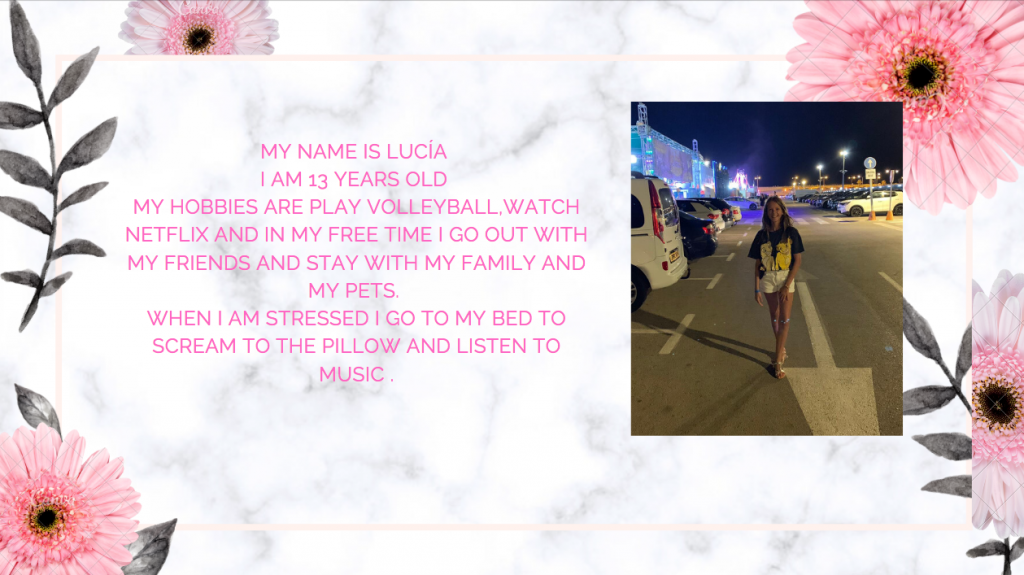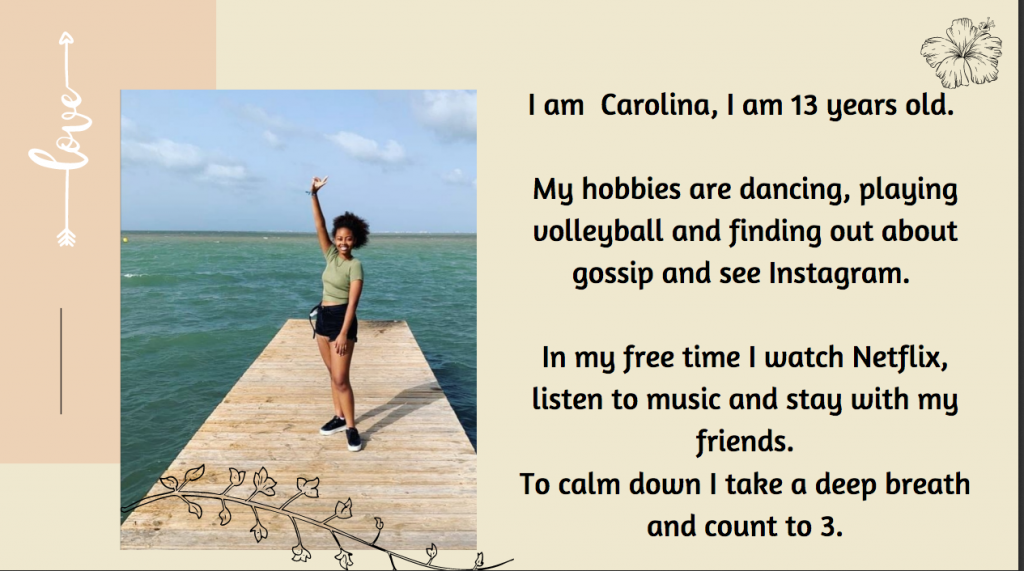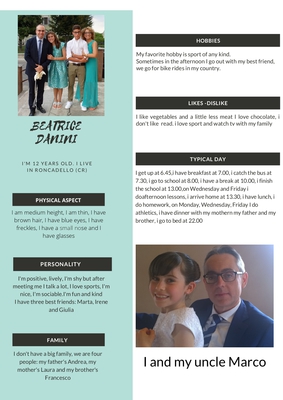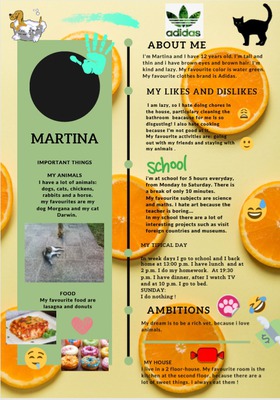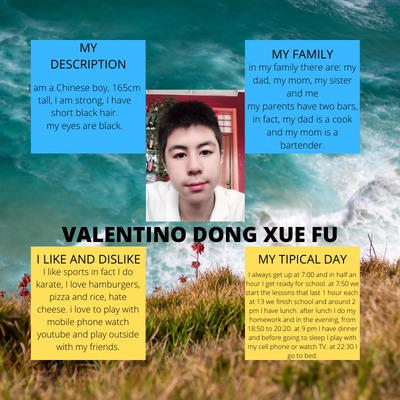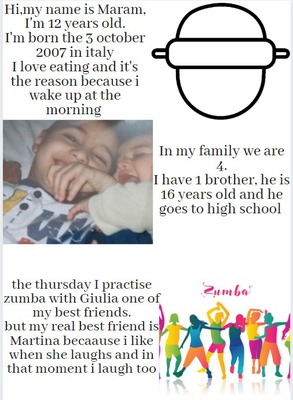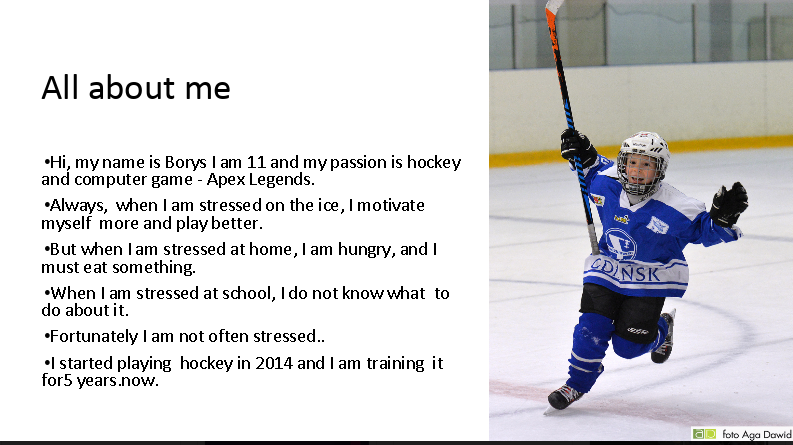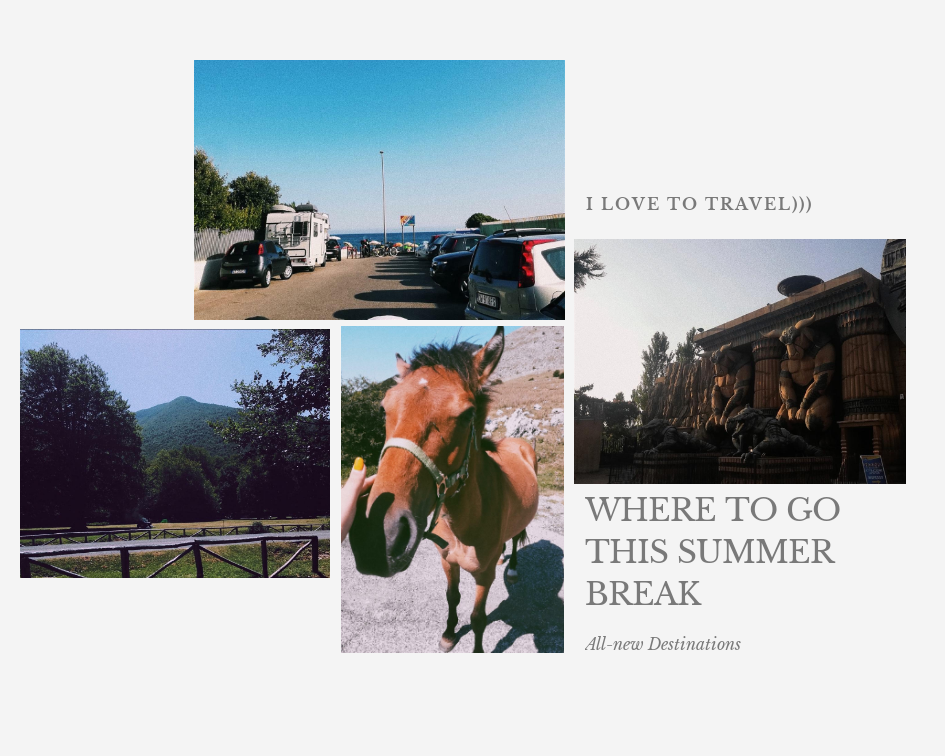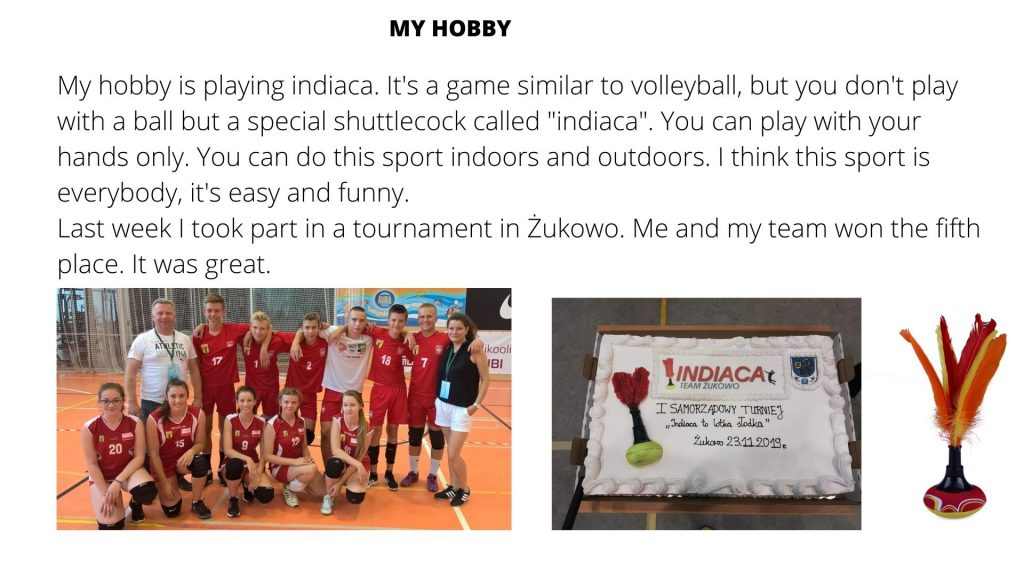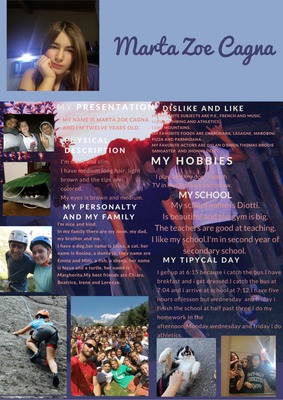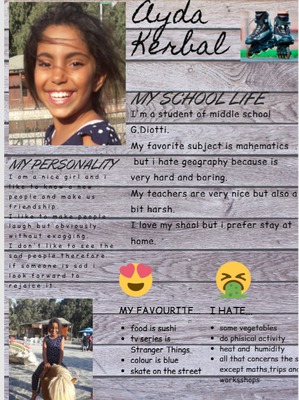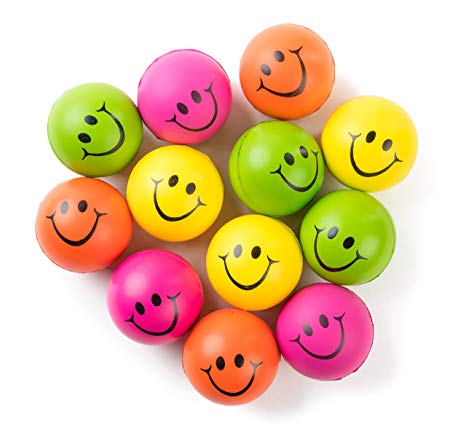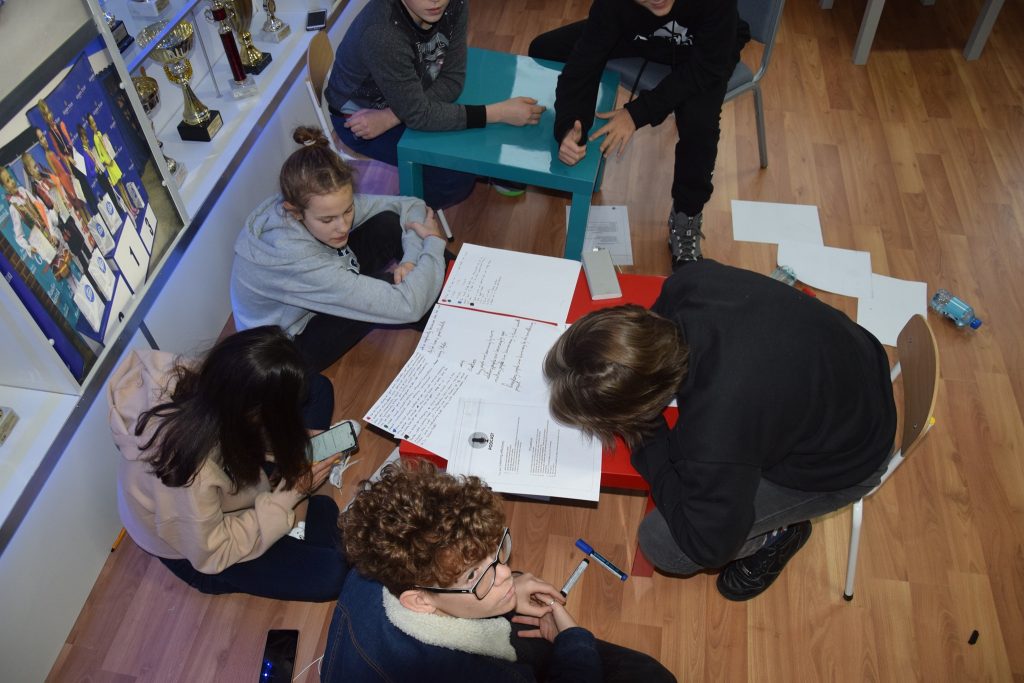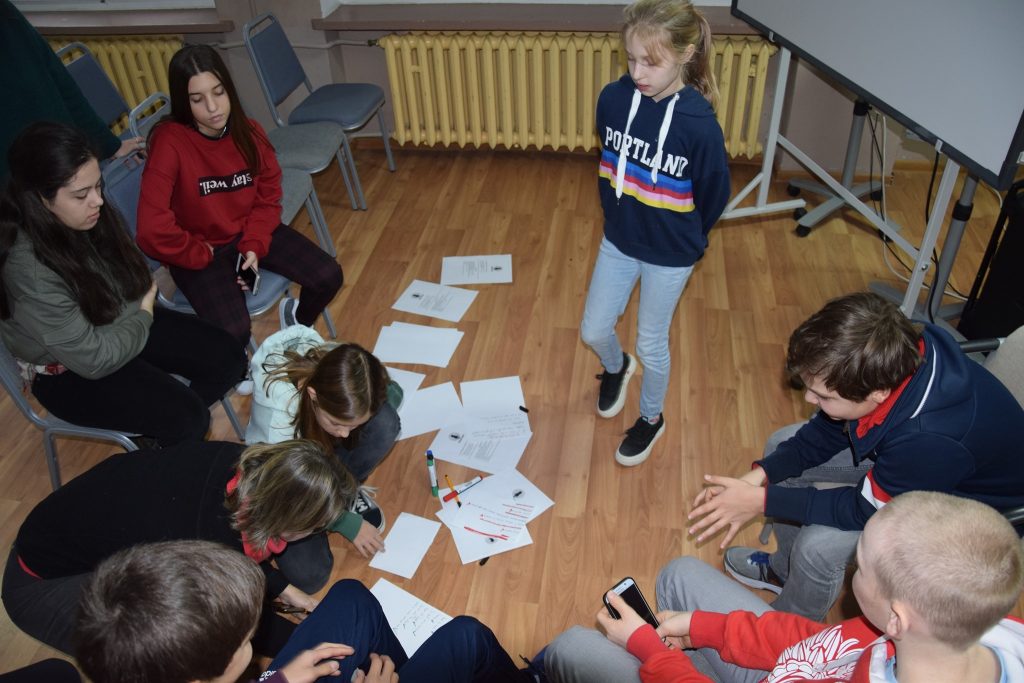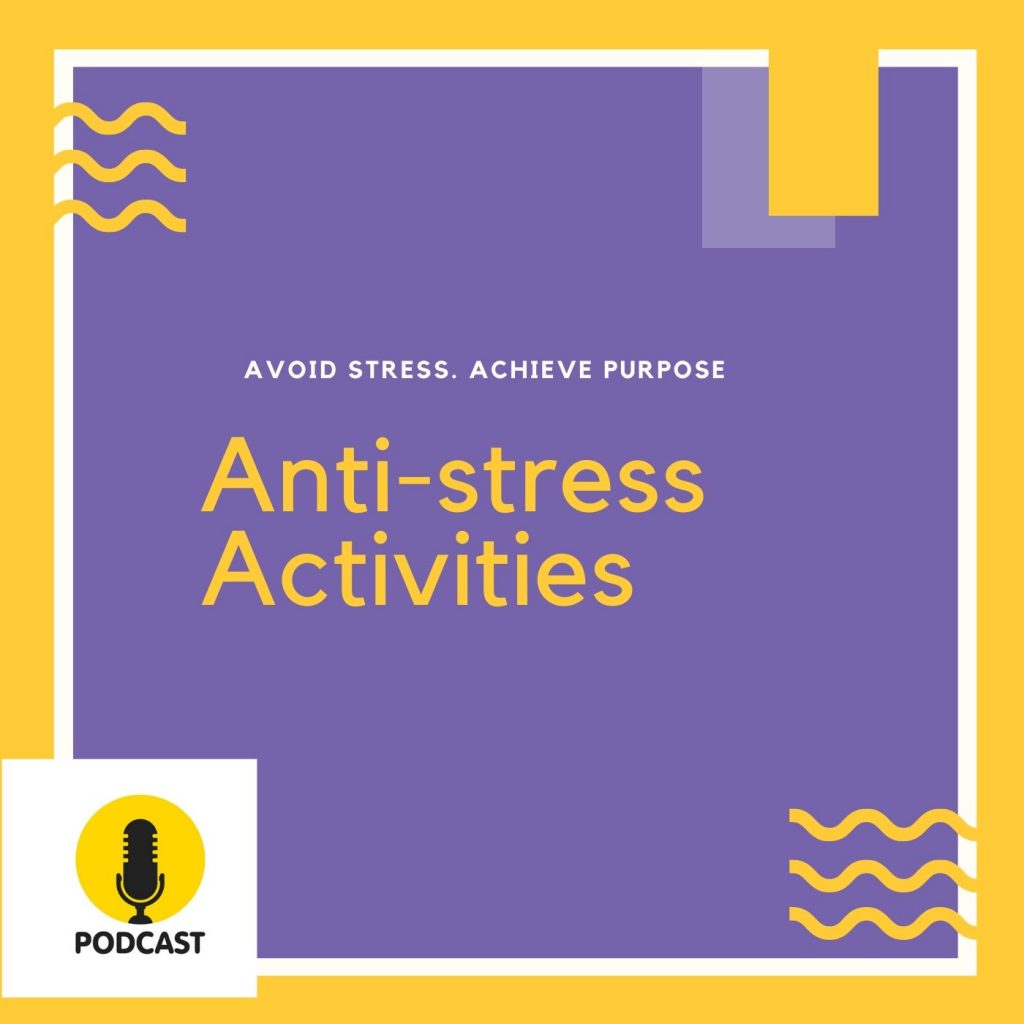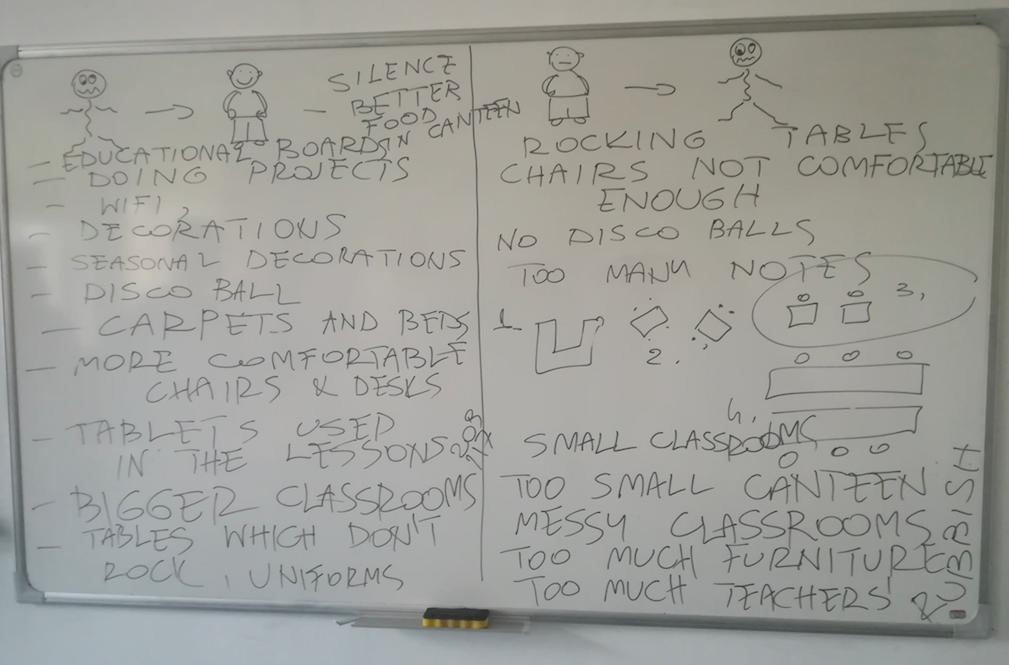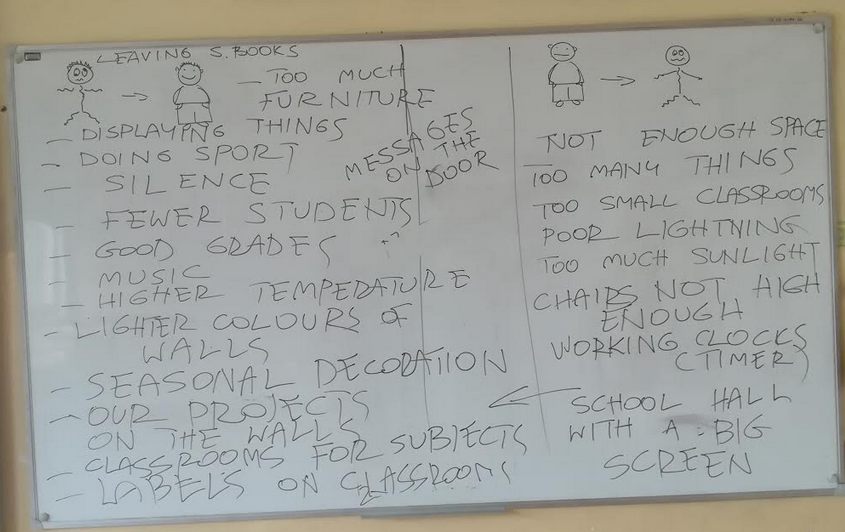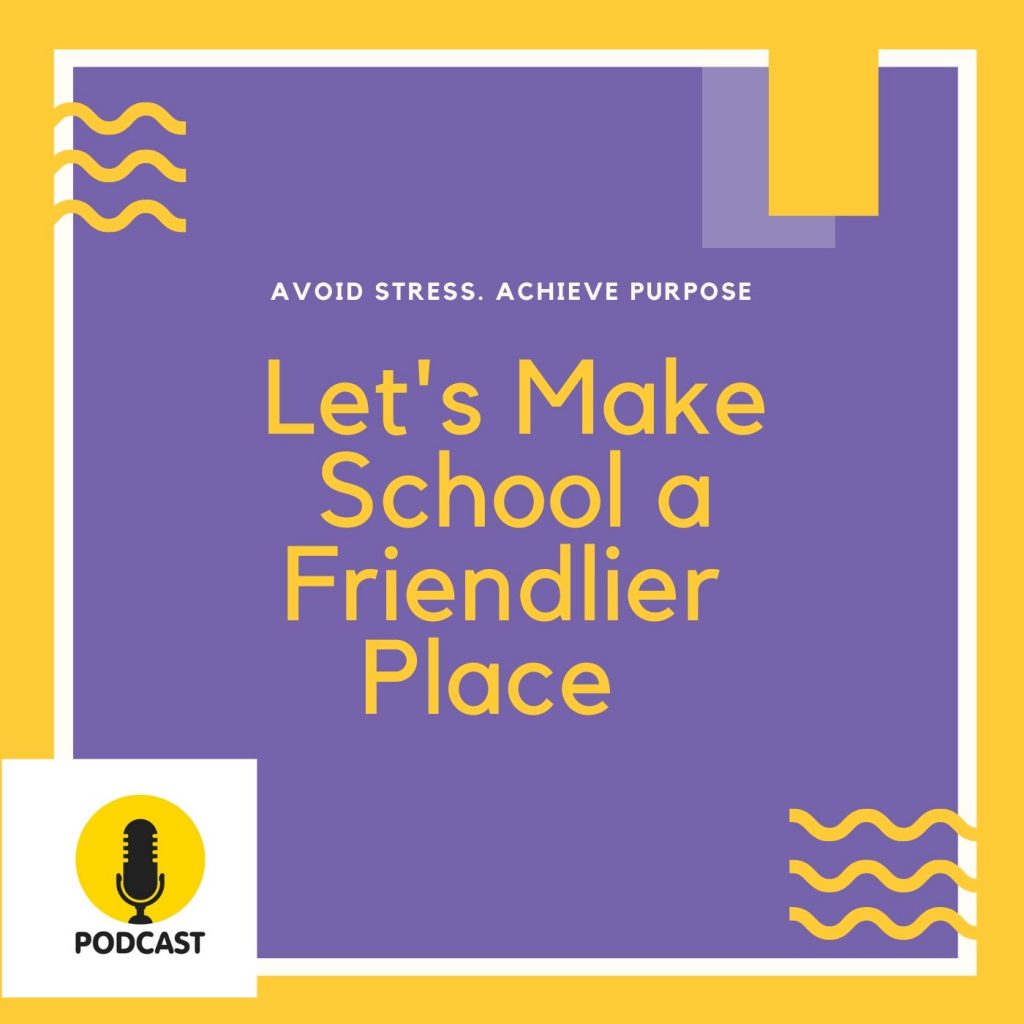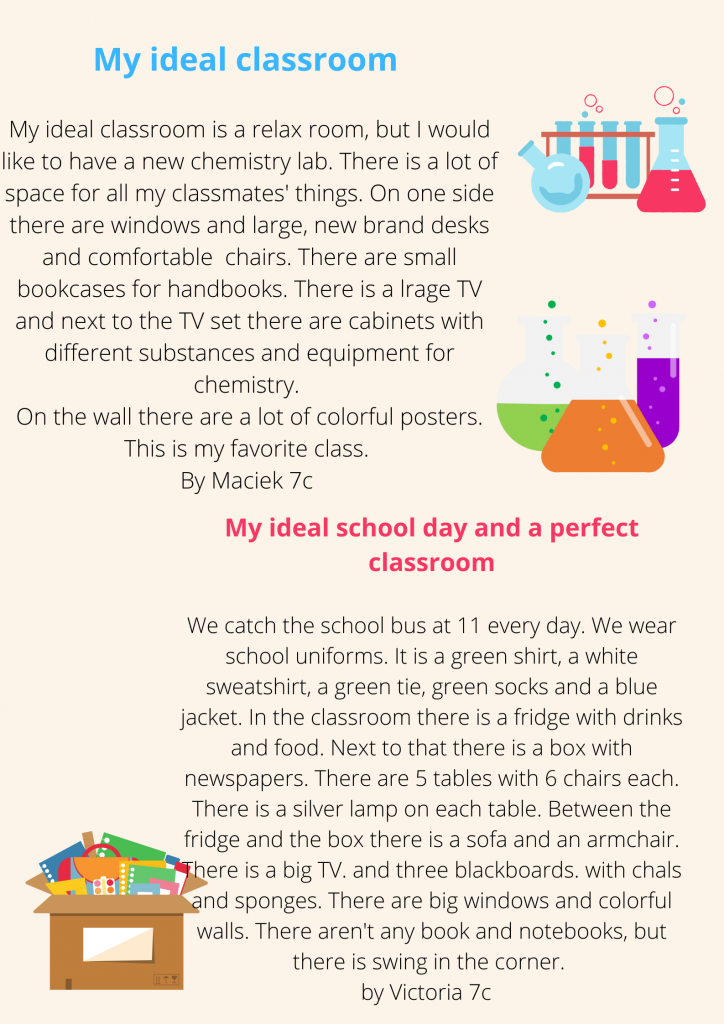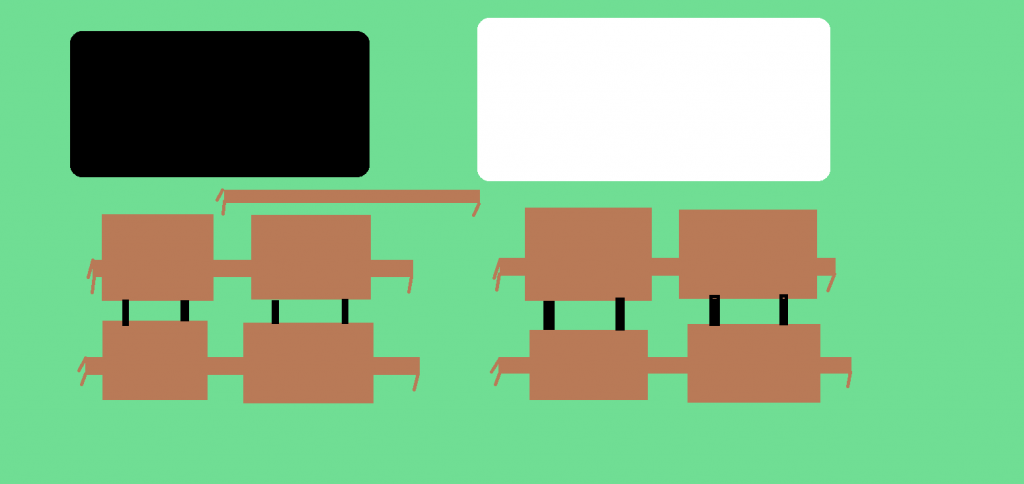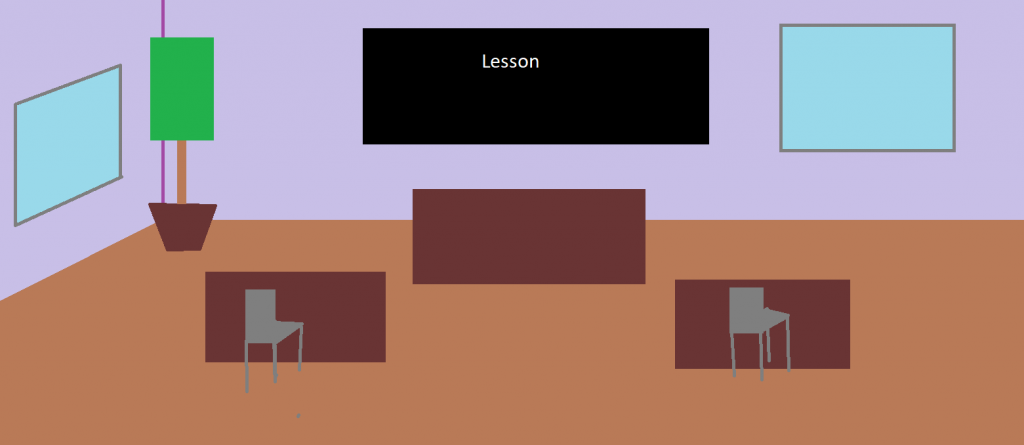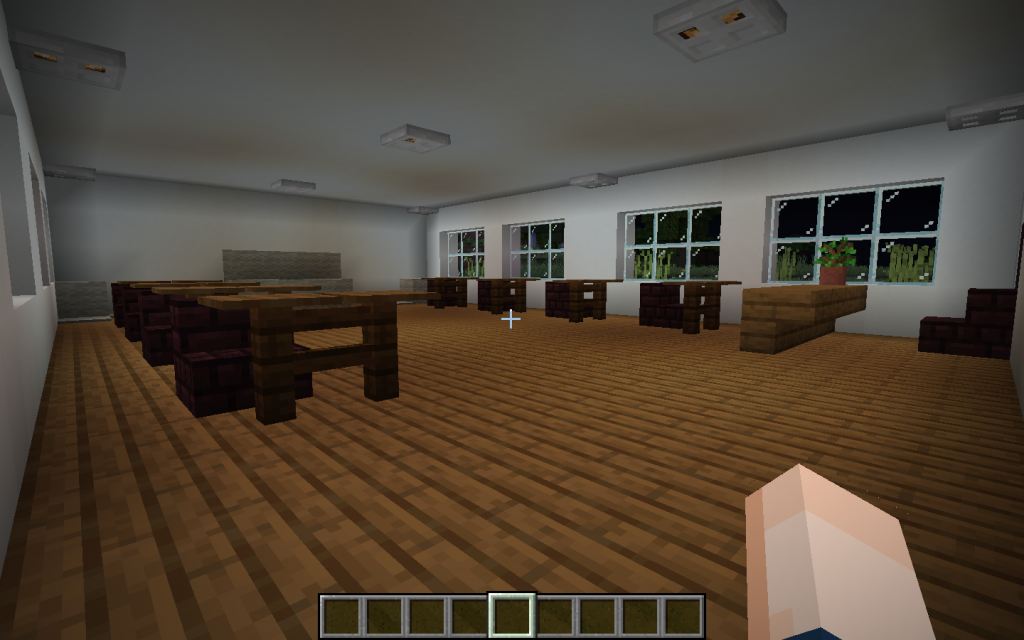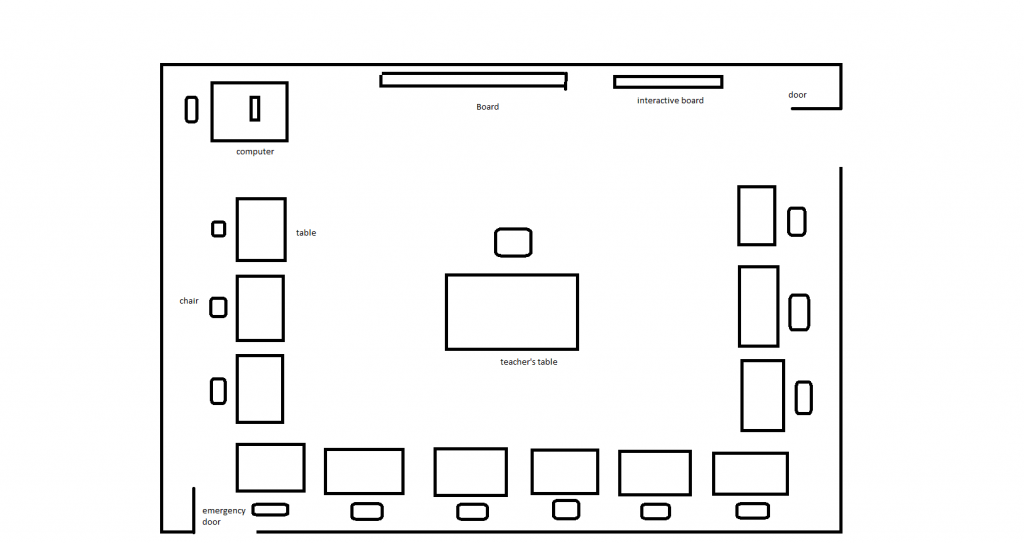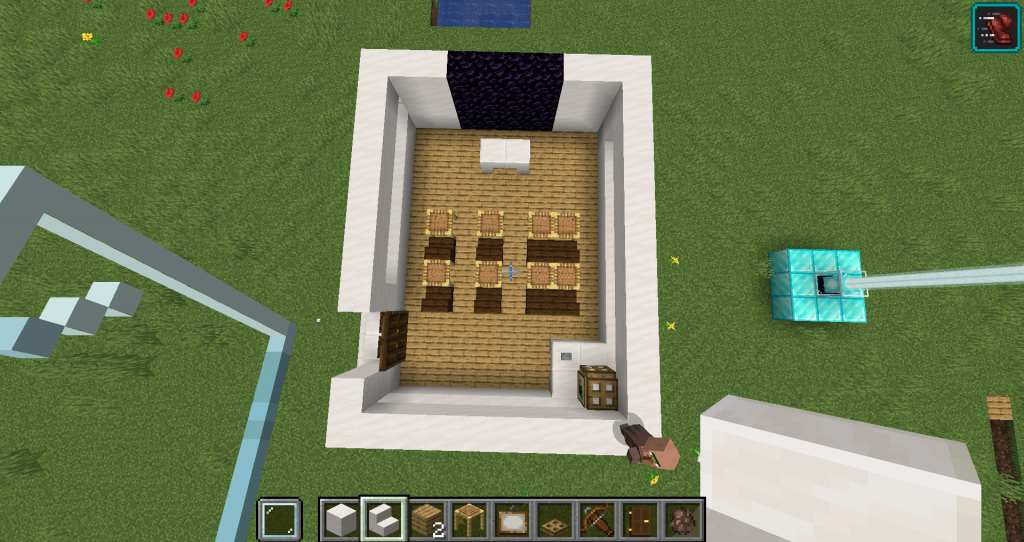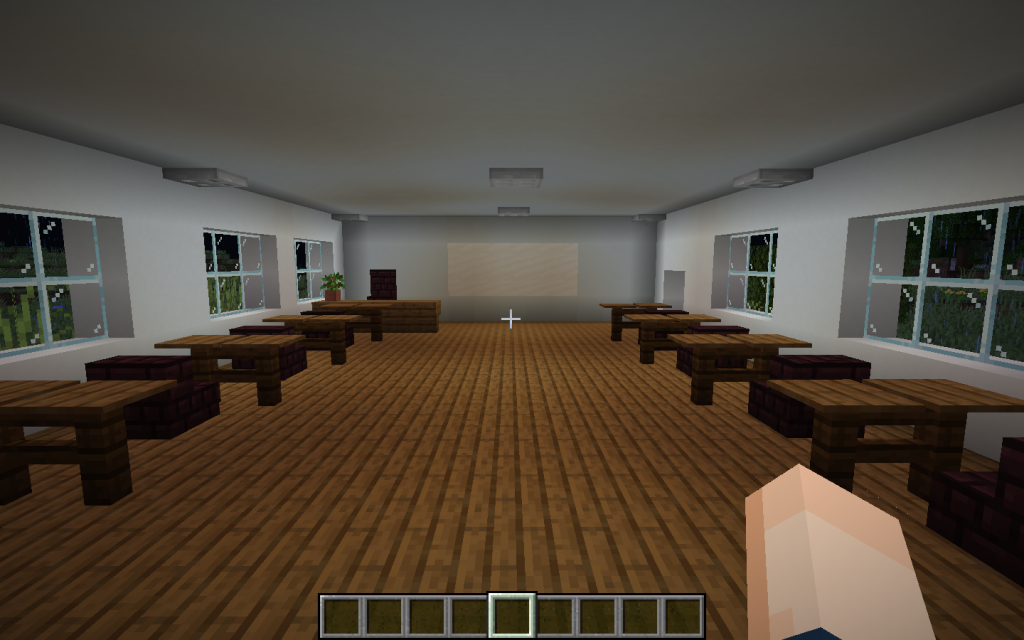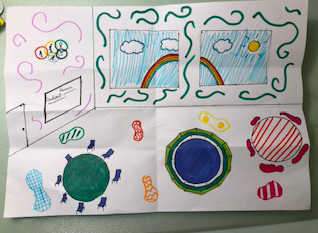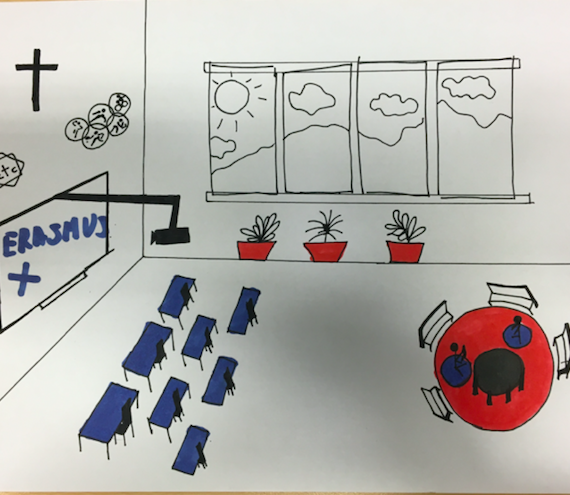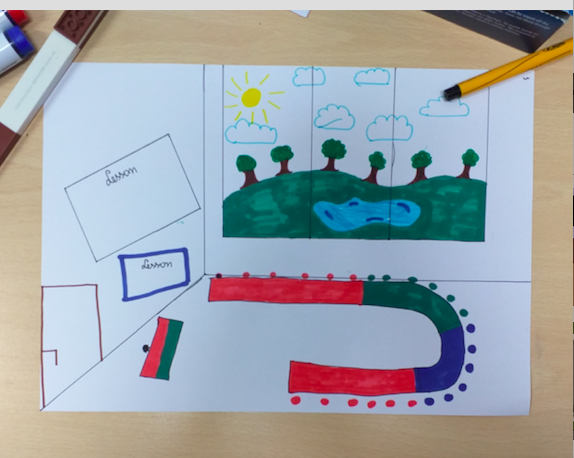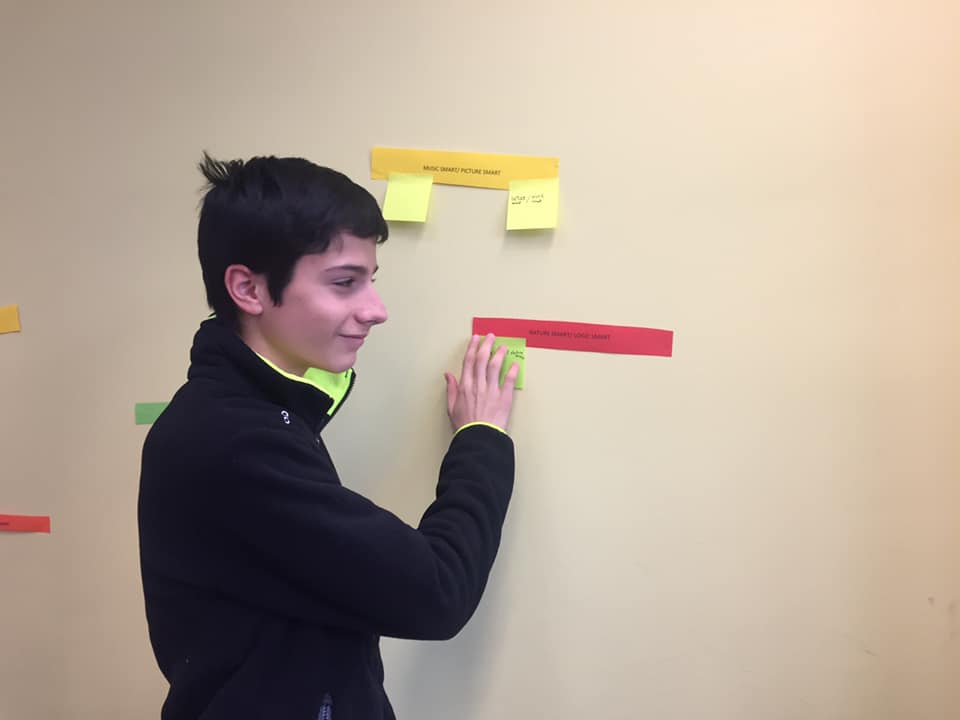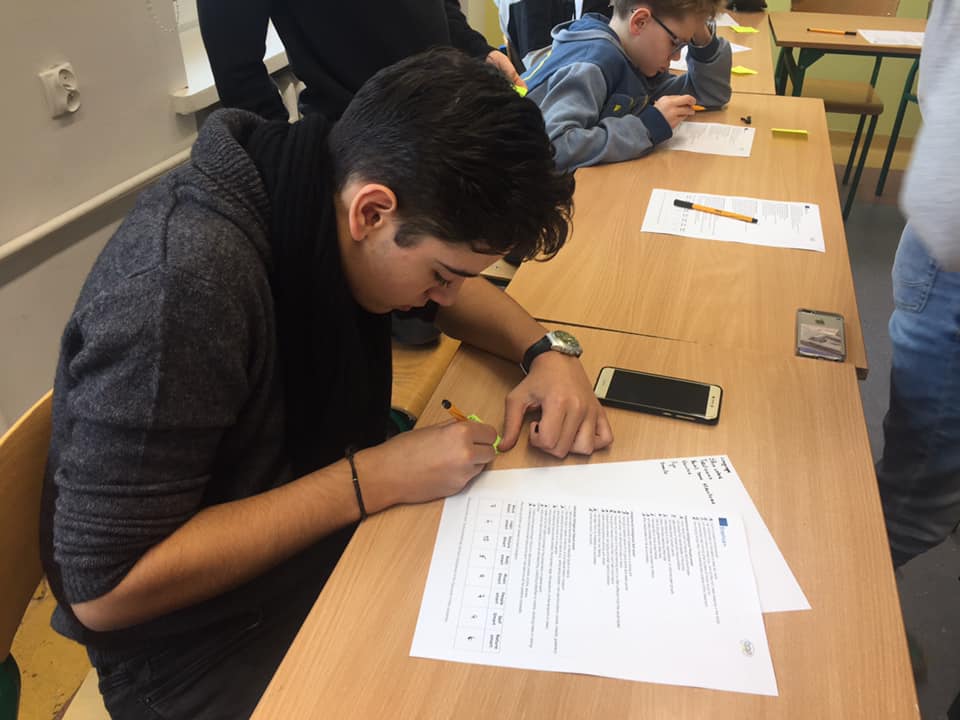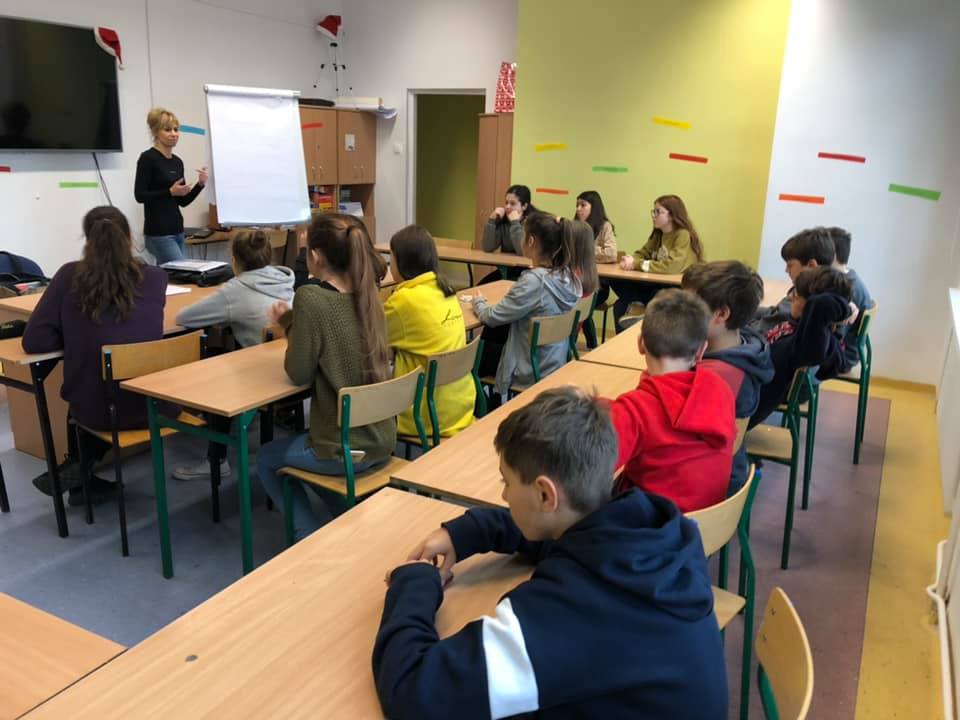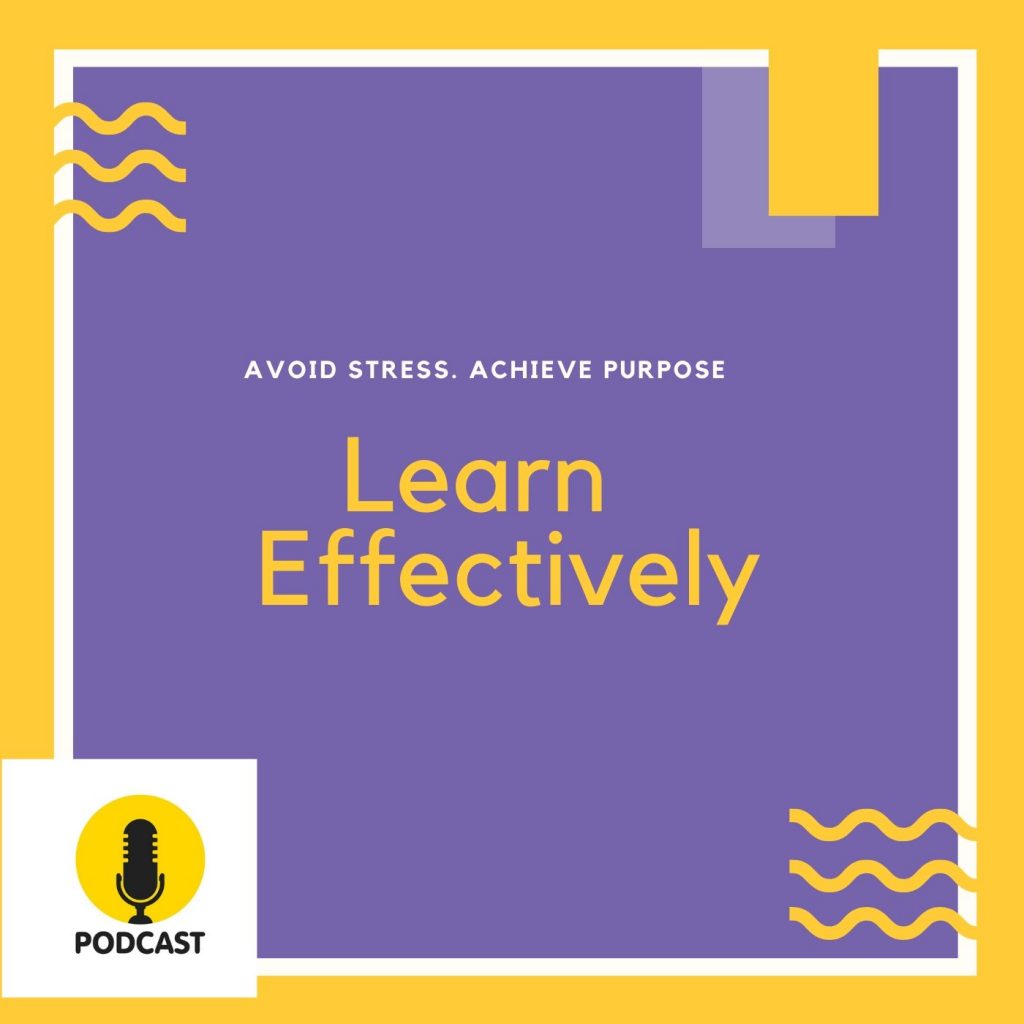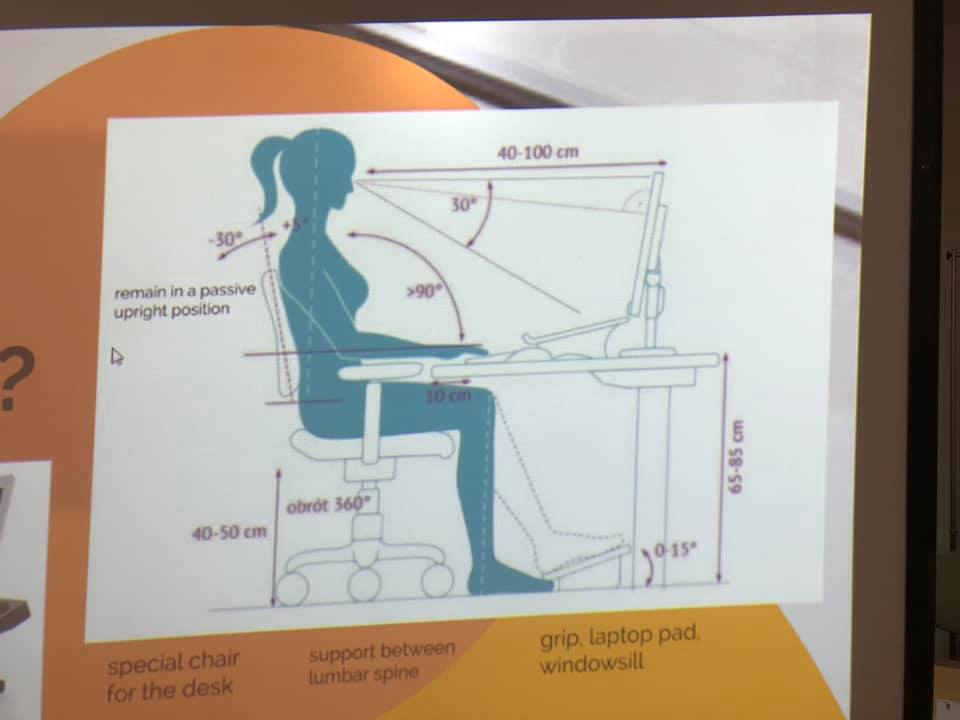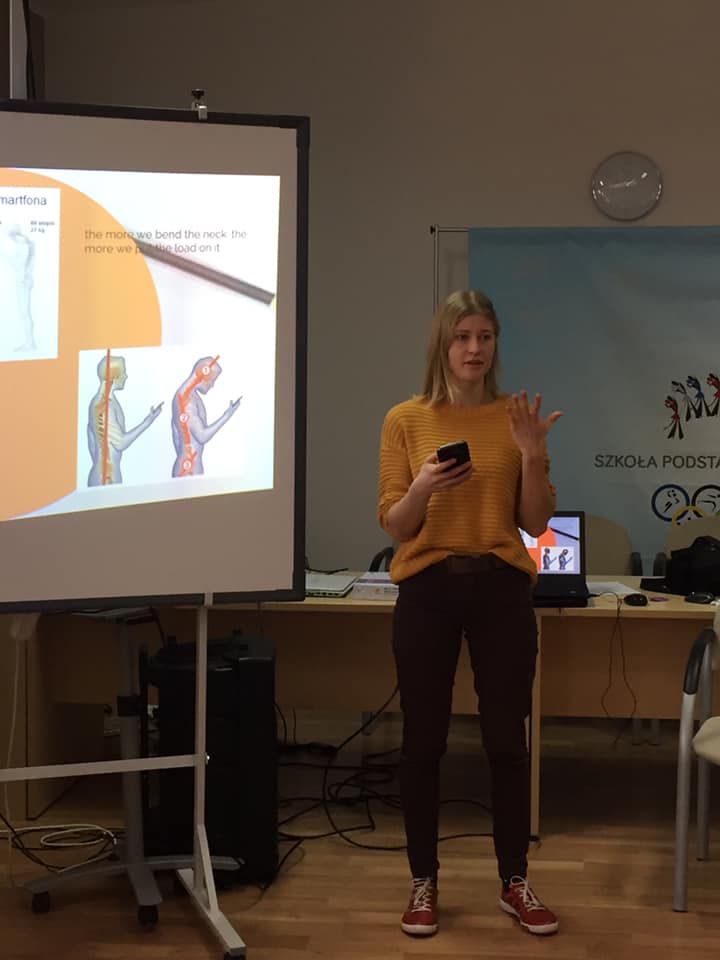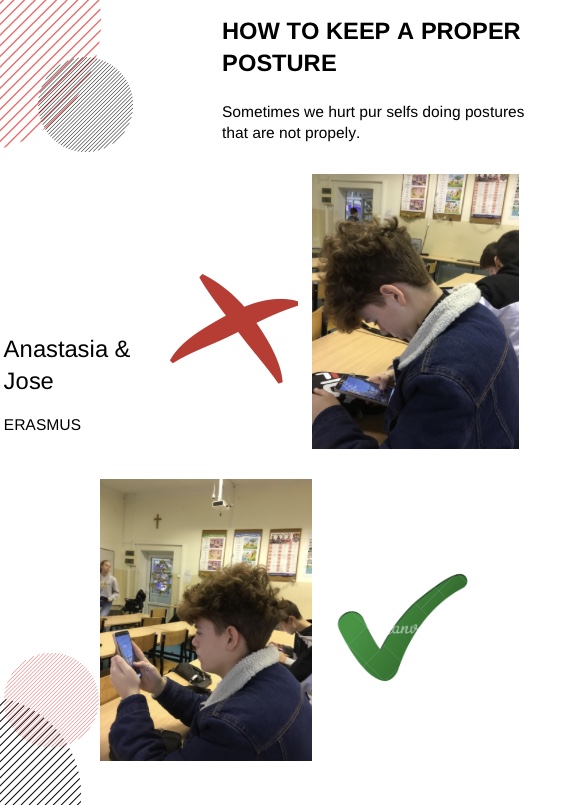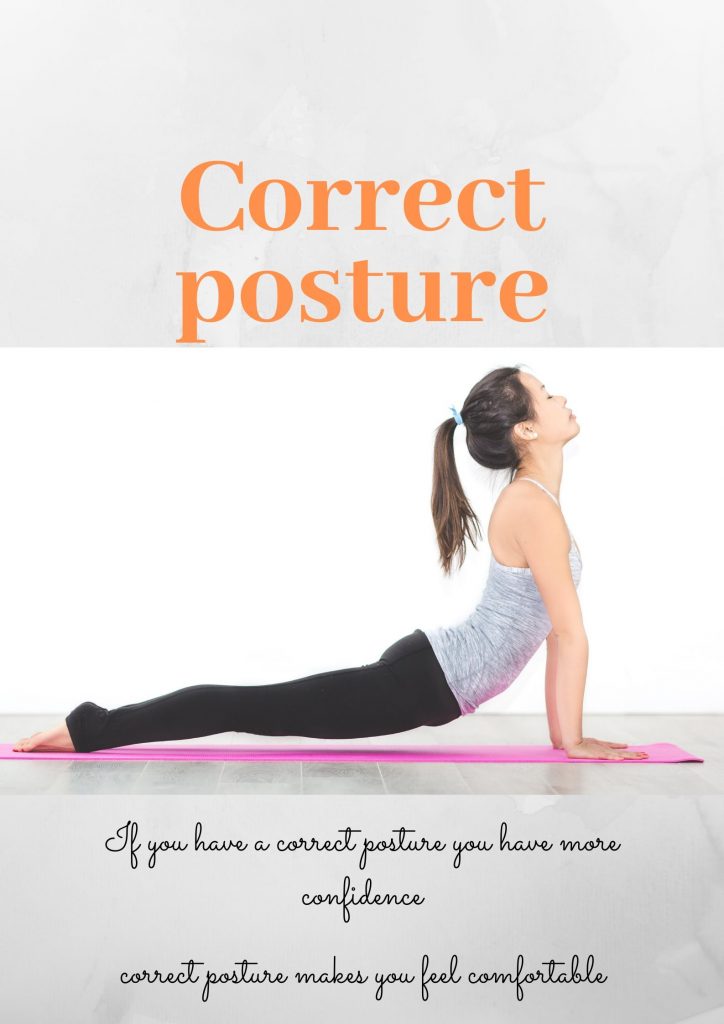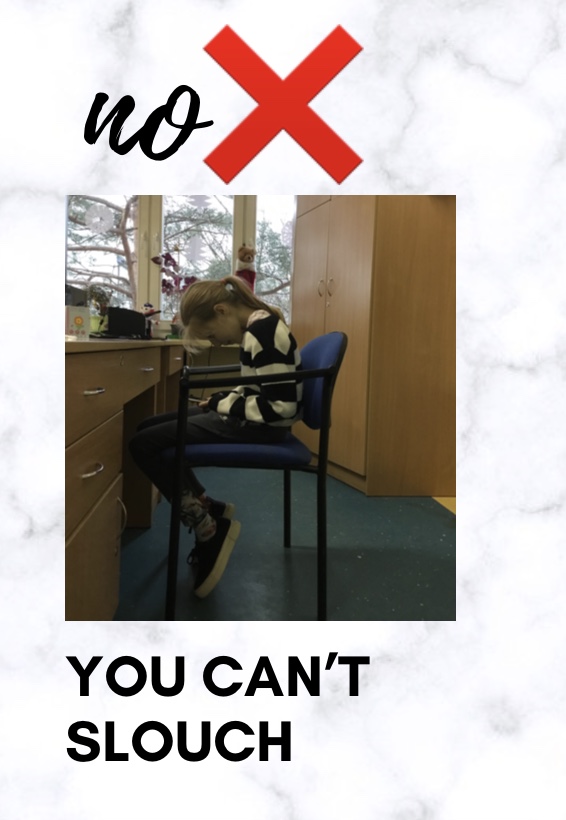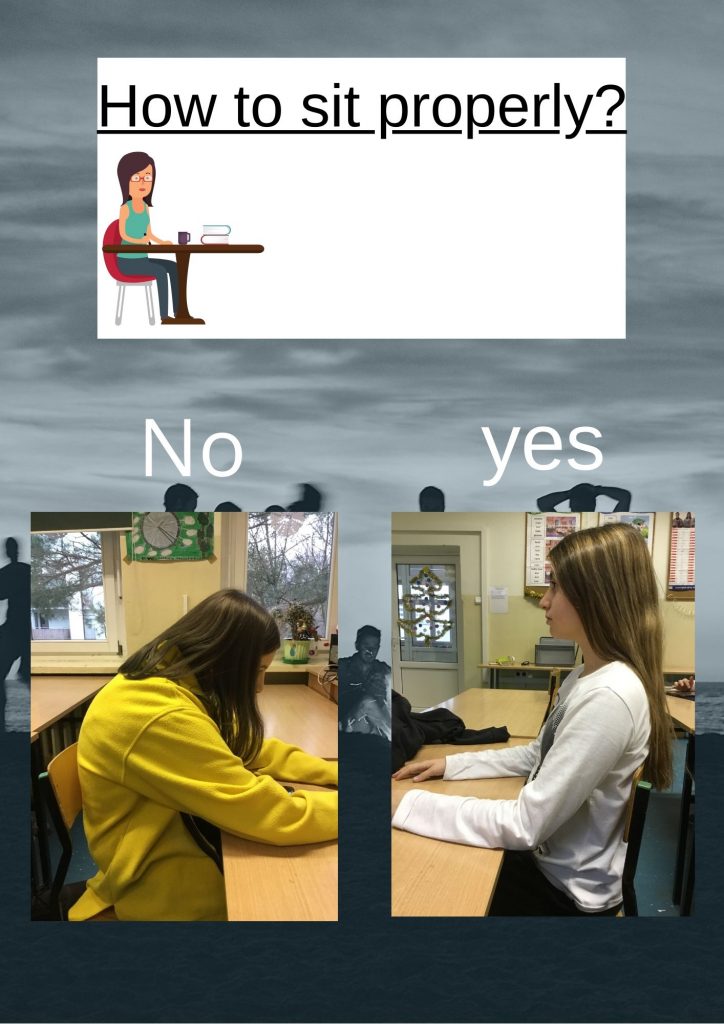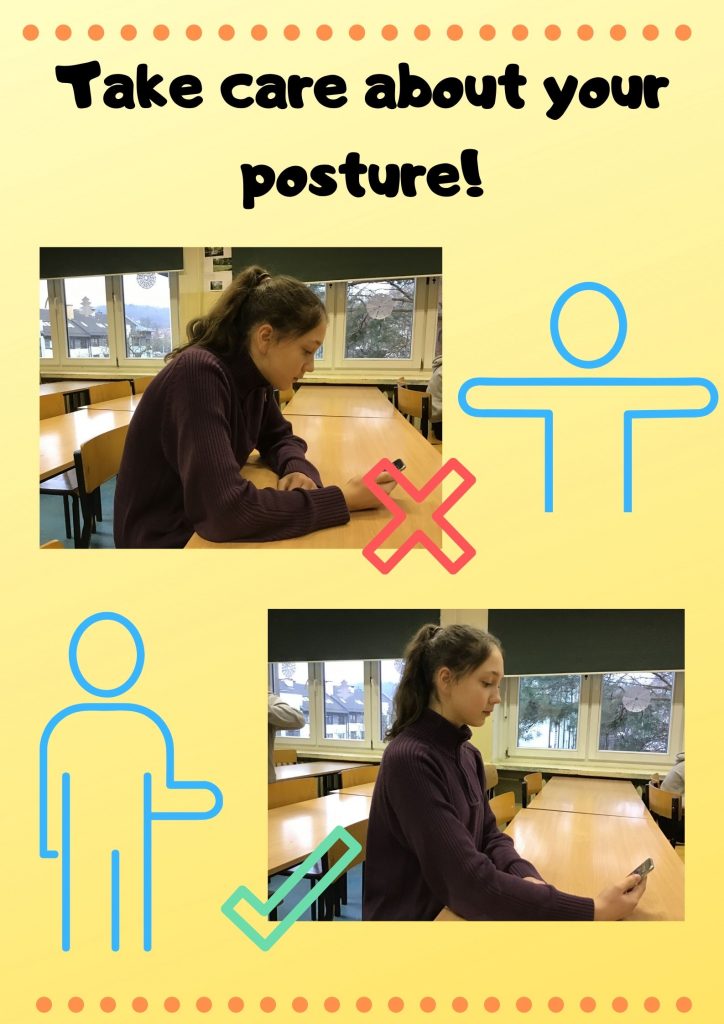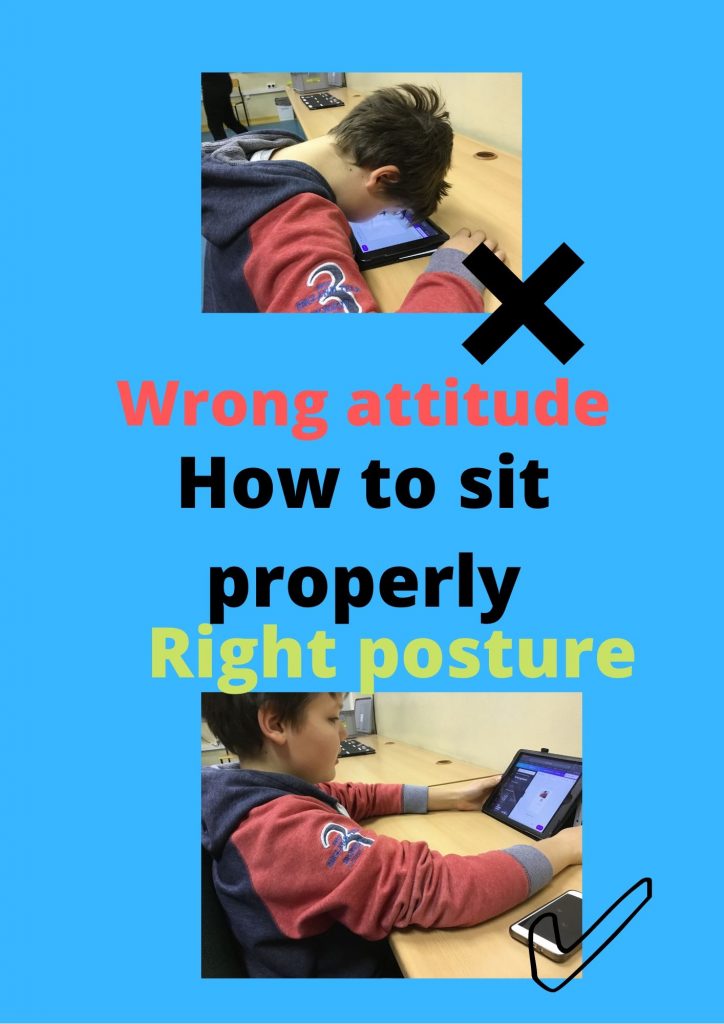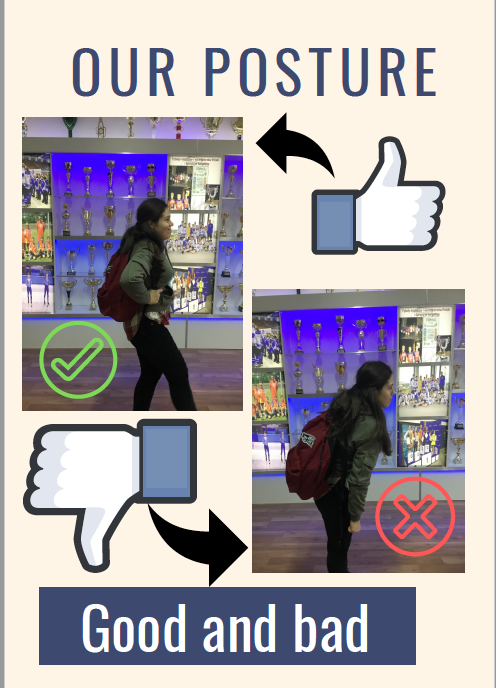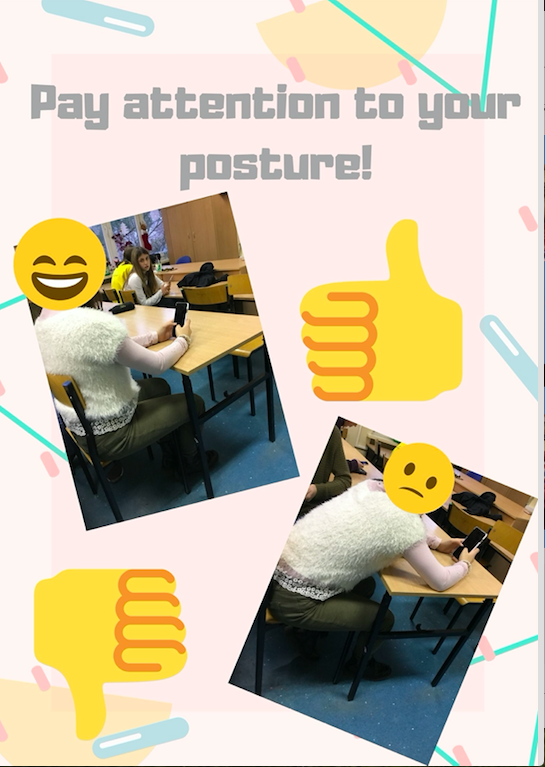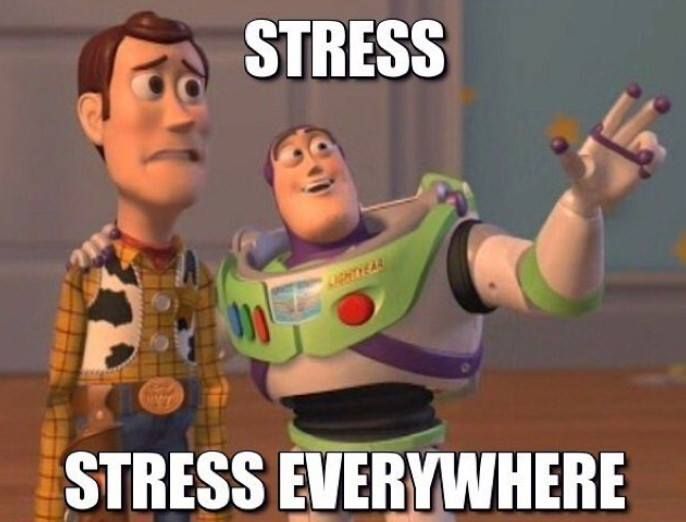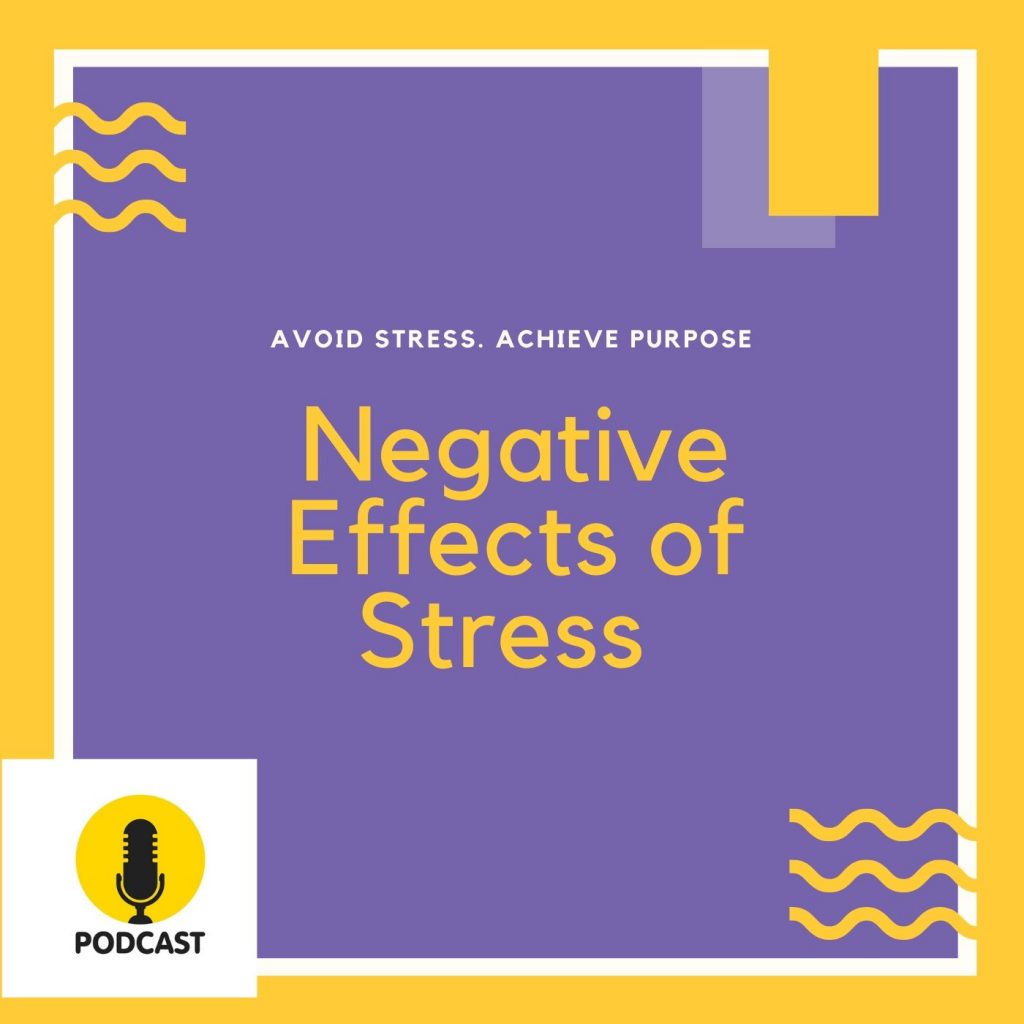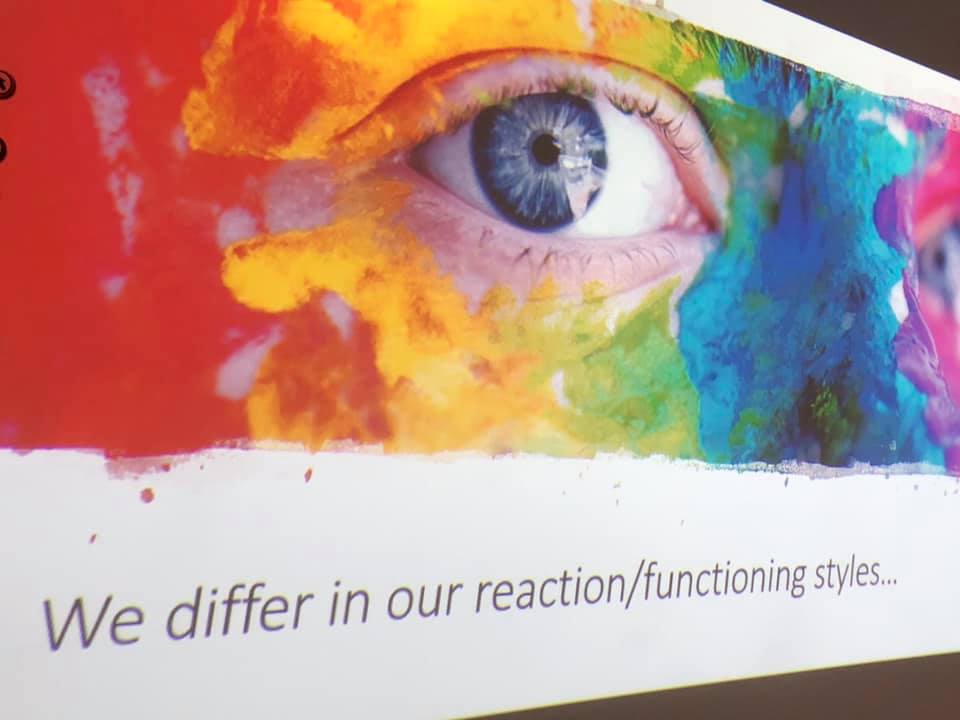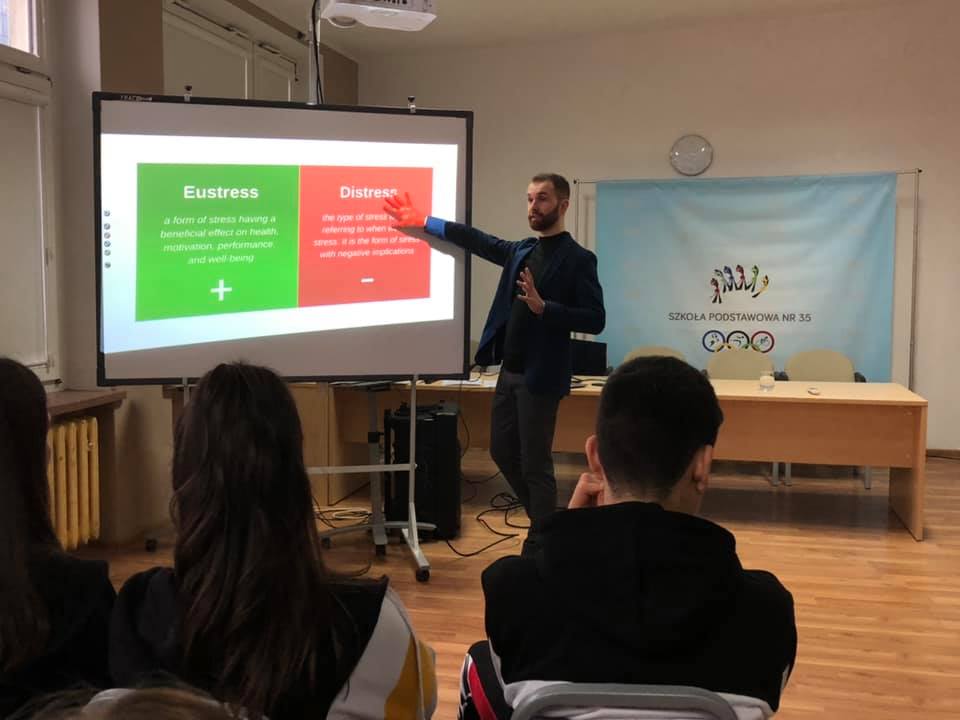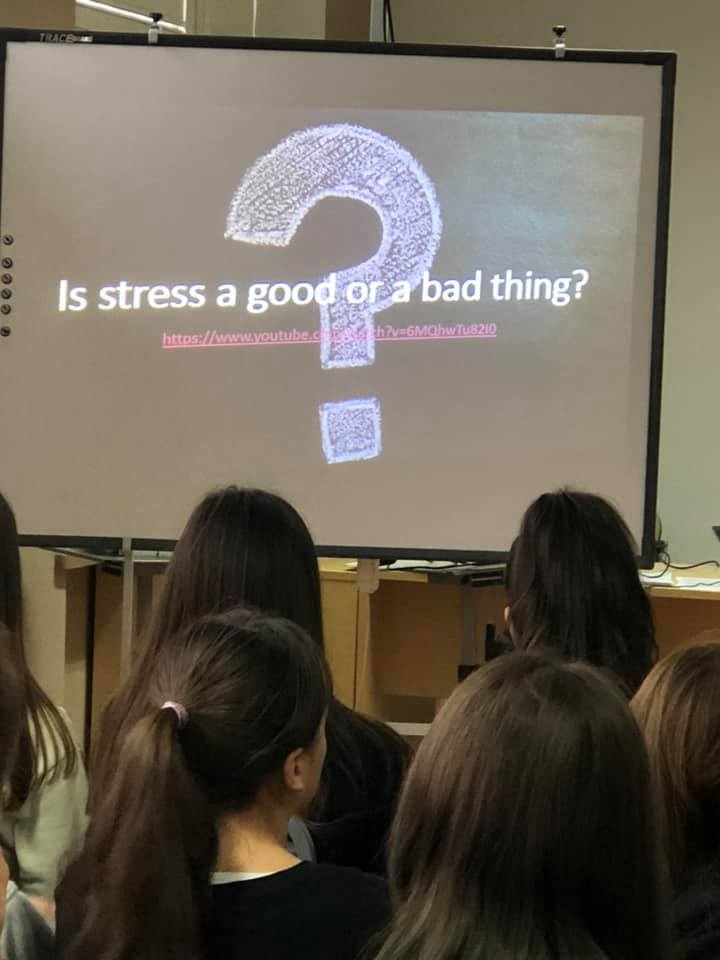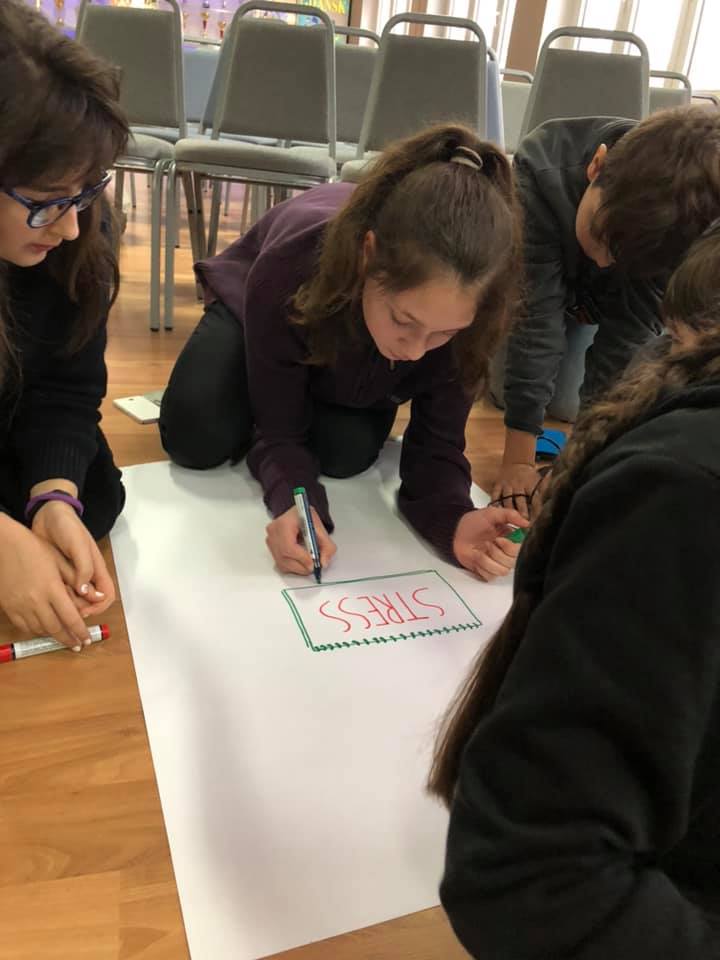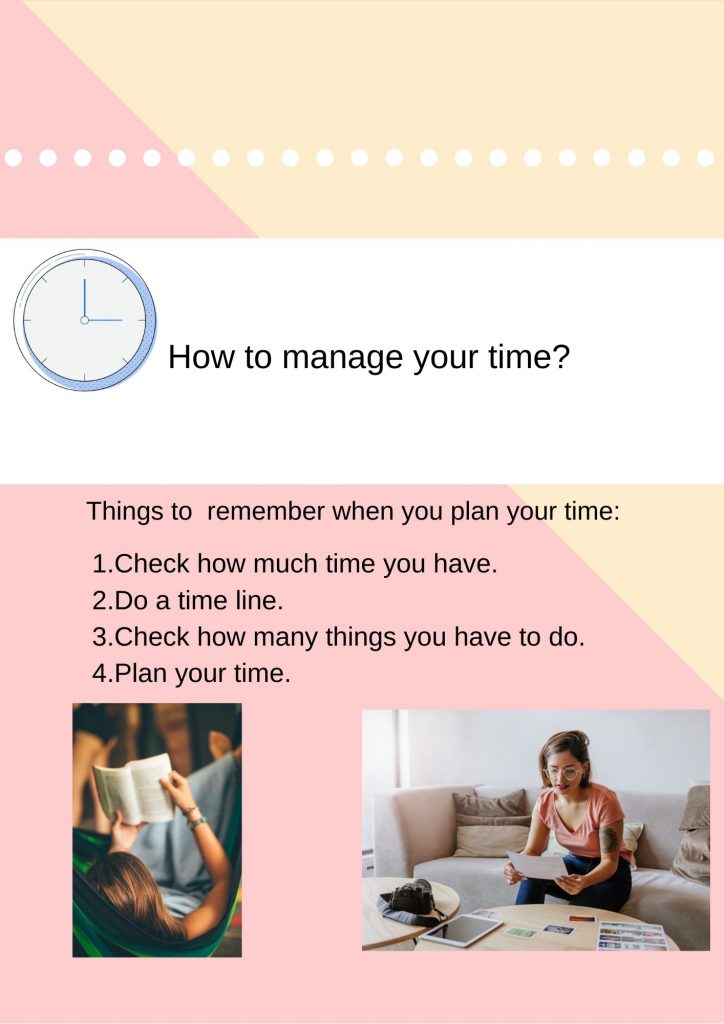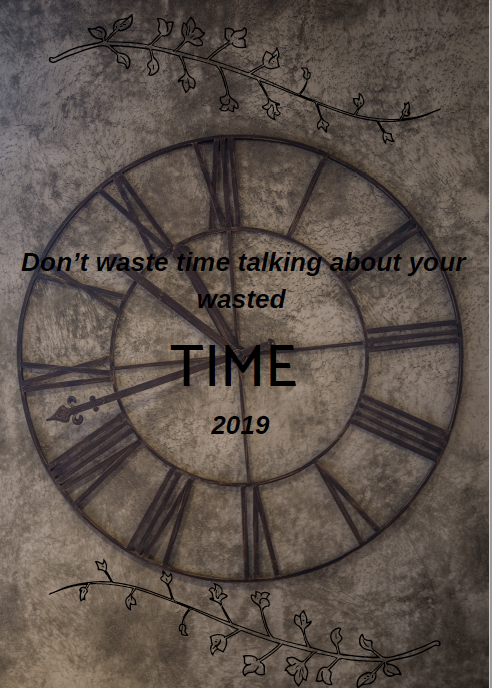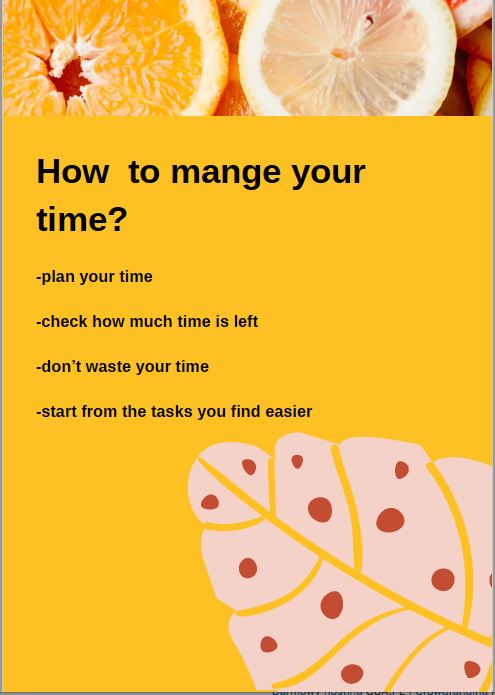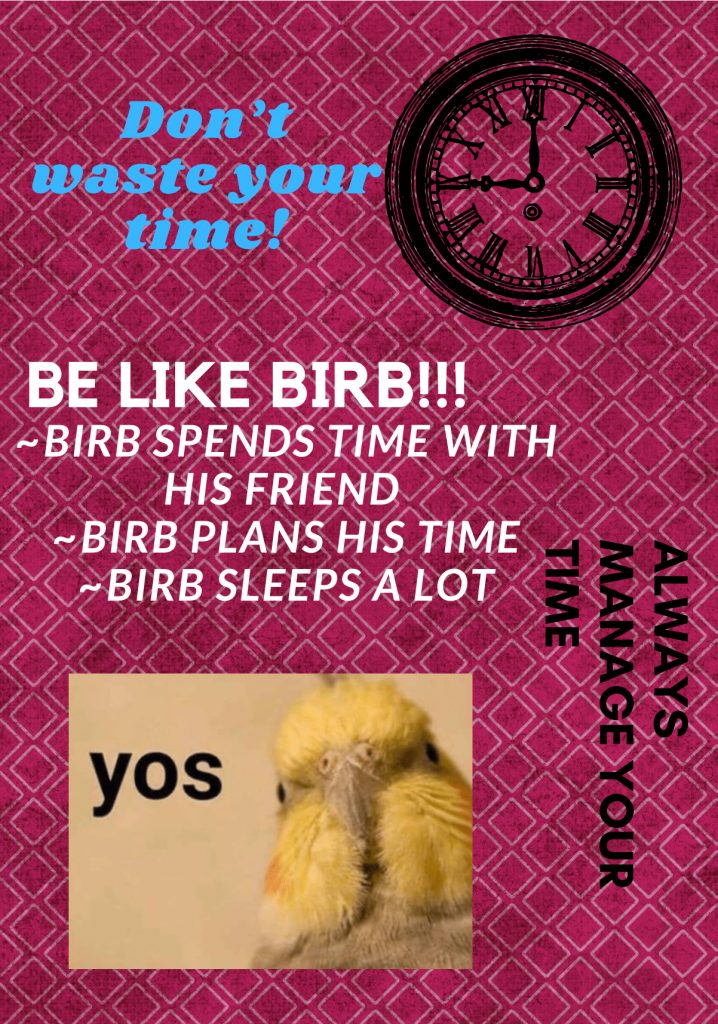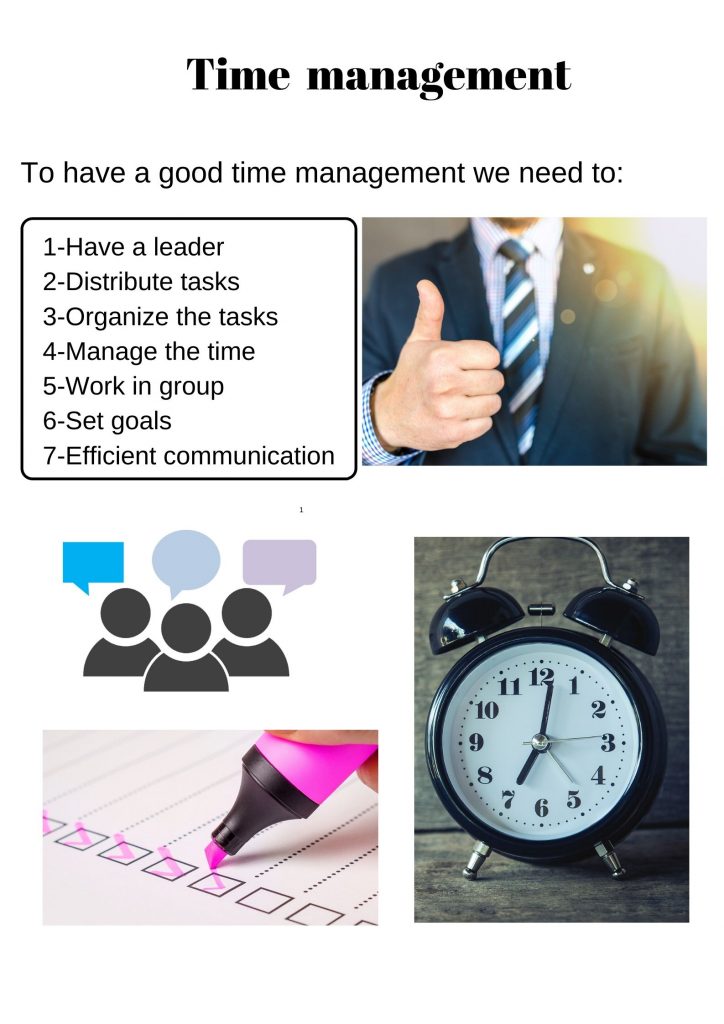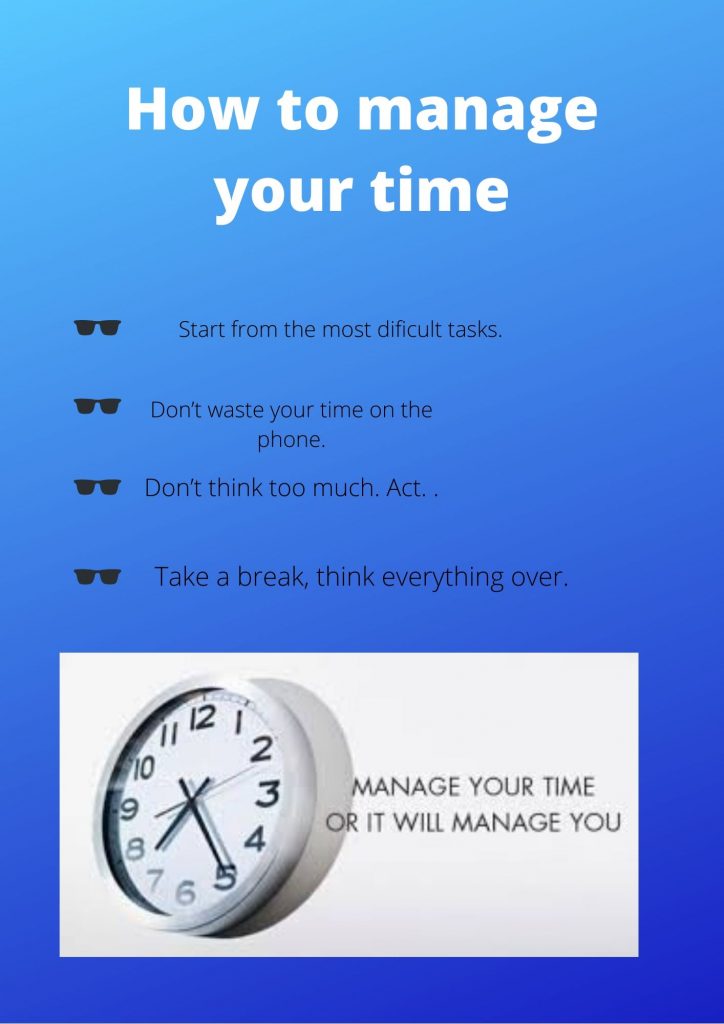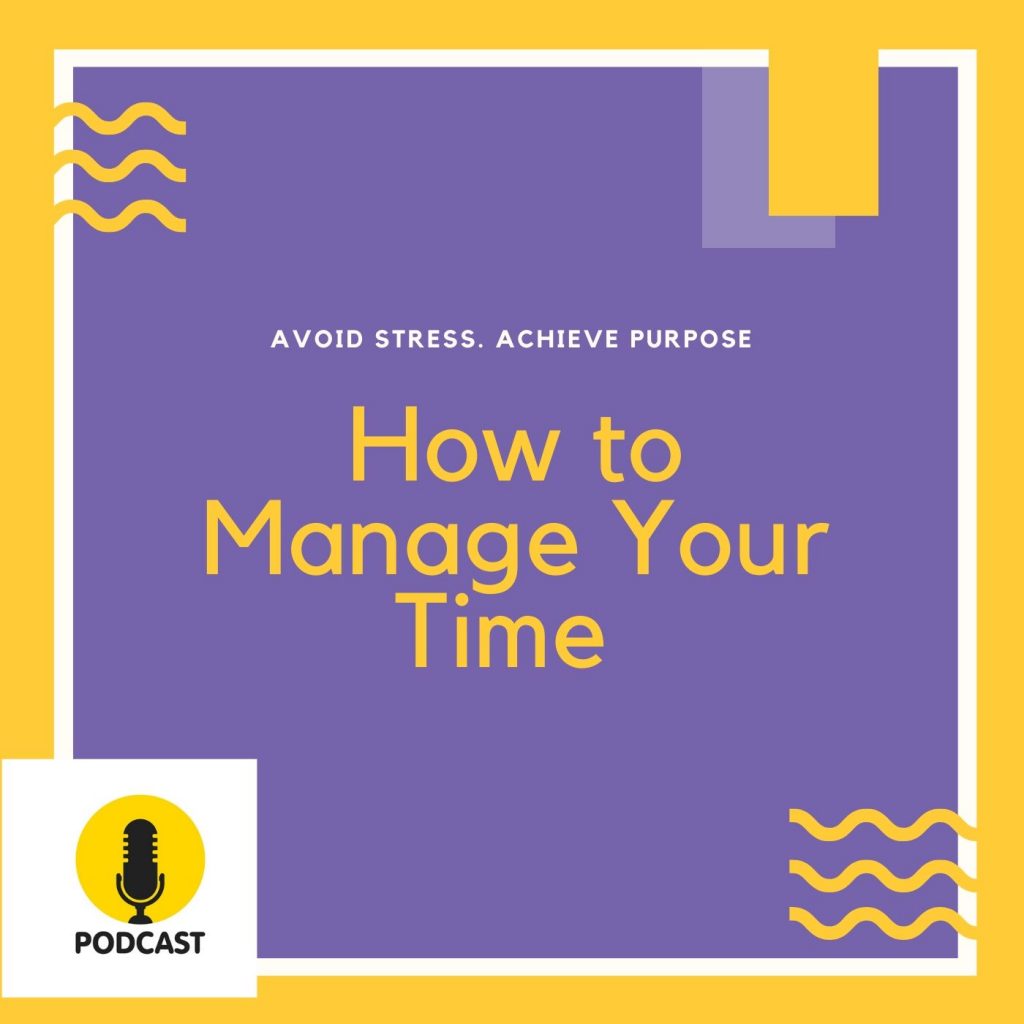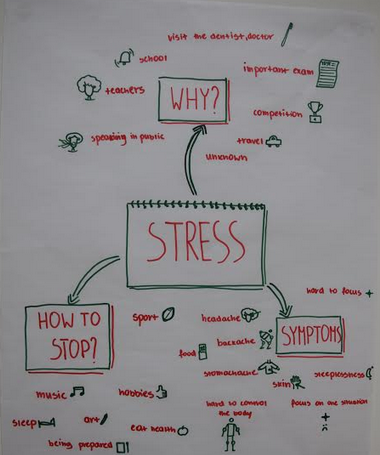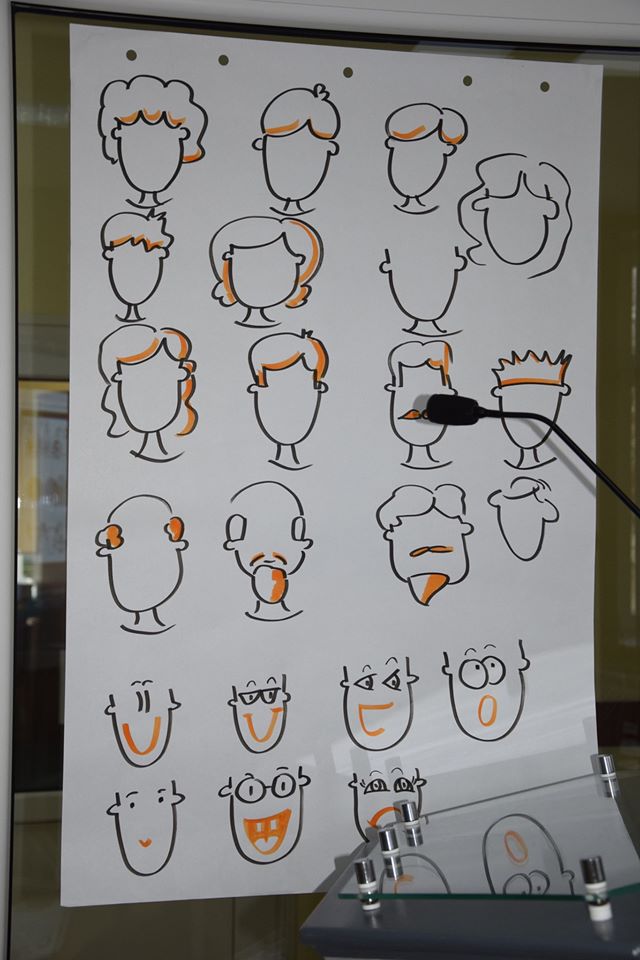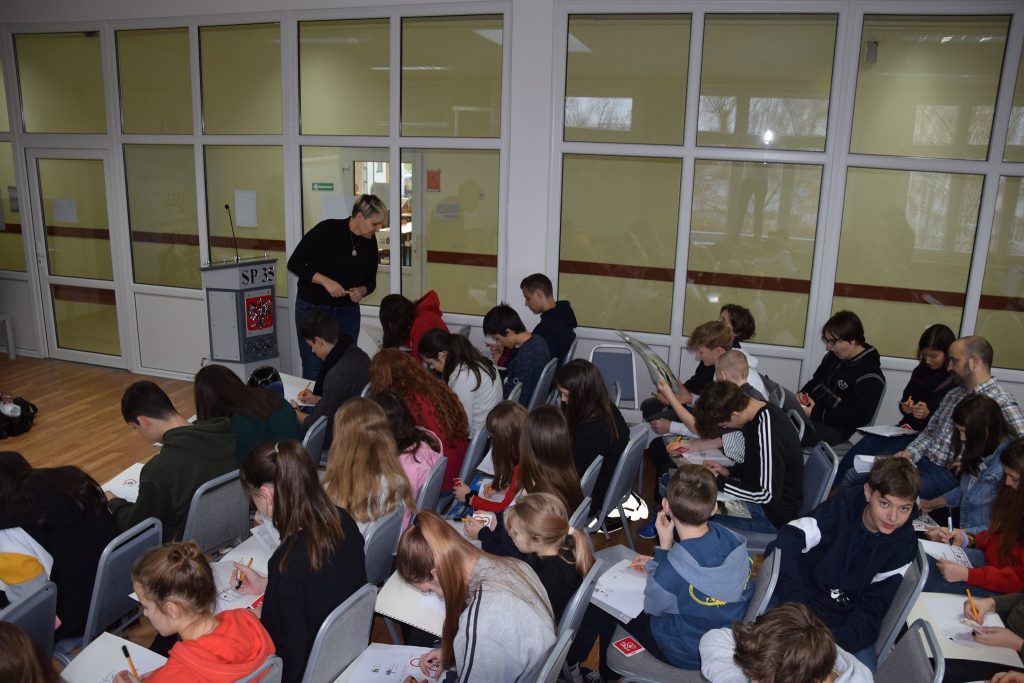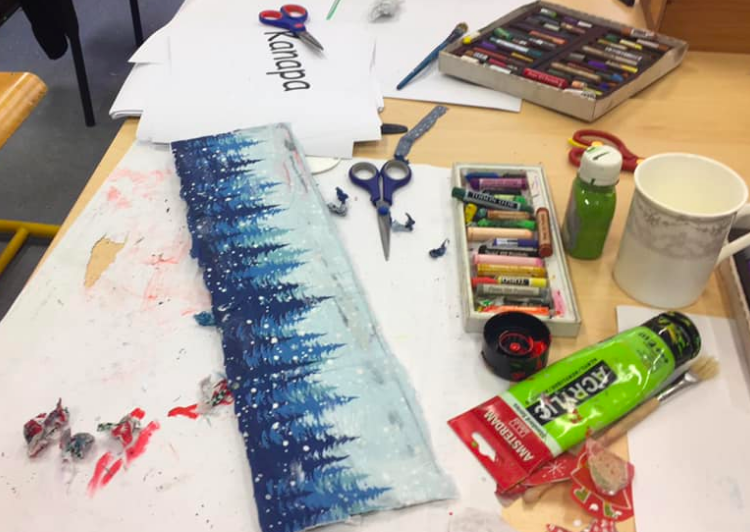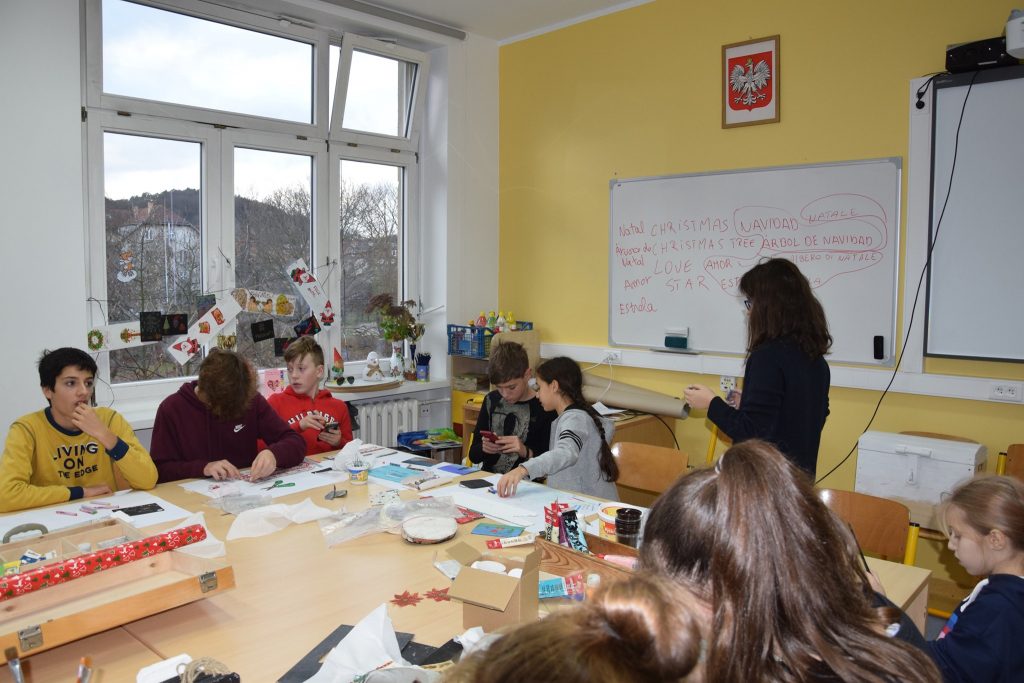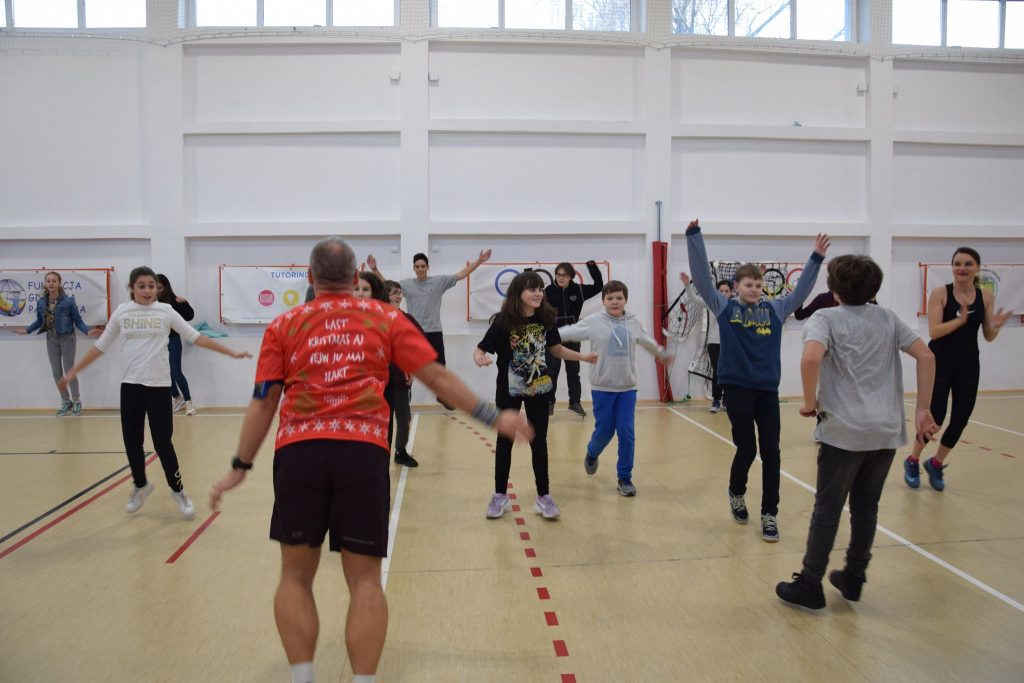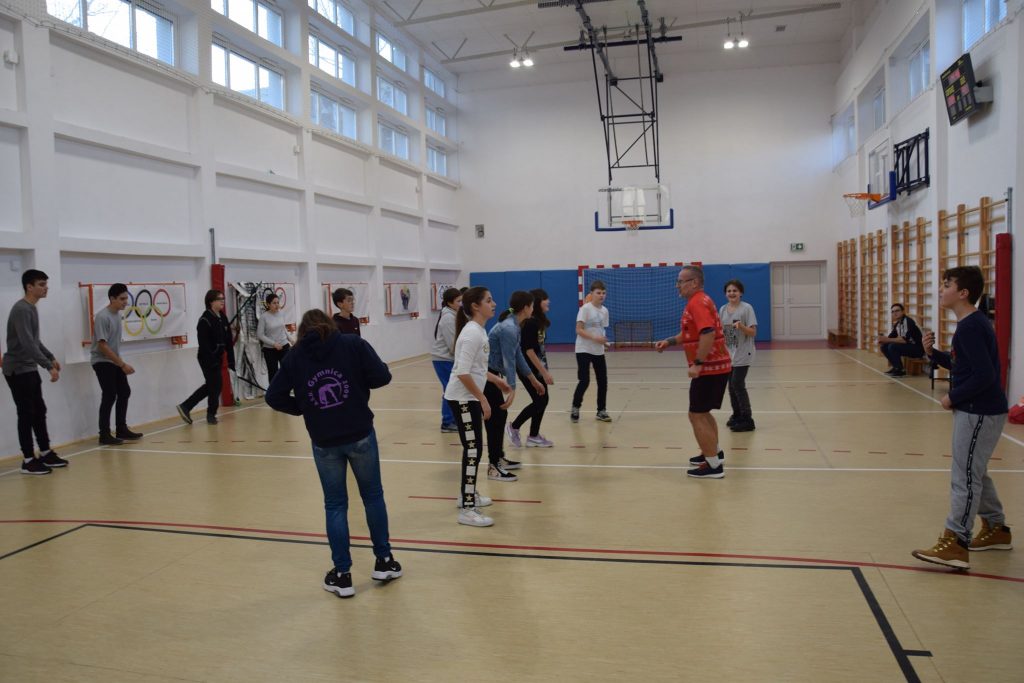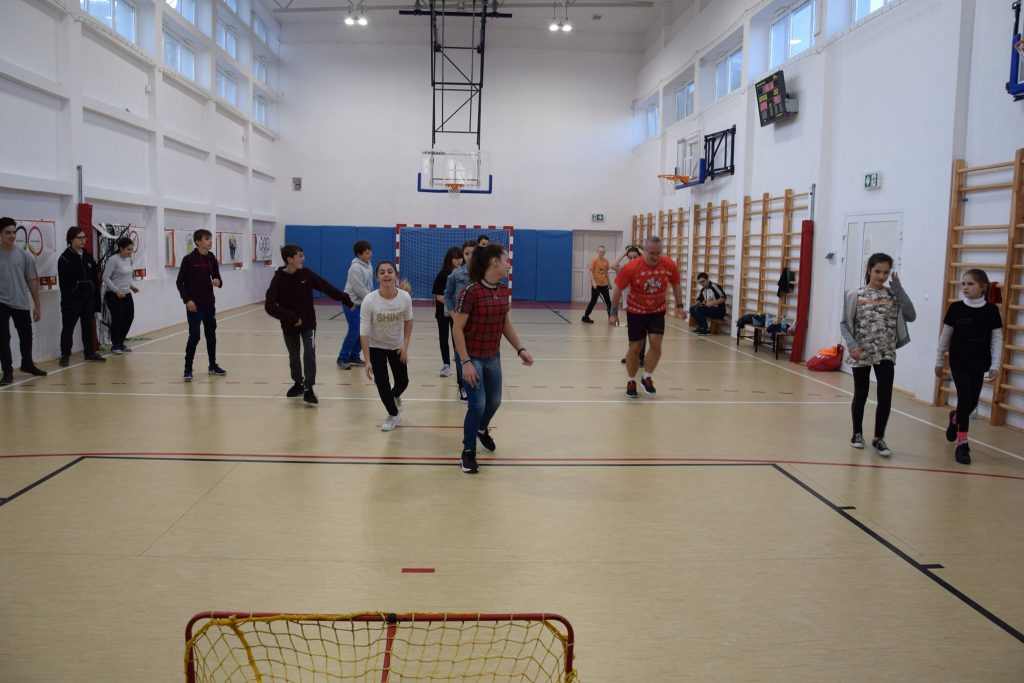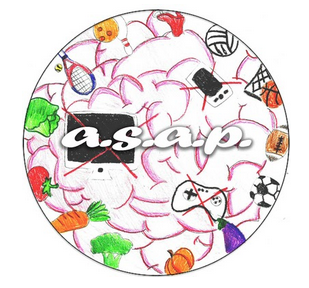
The first meeting of students took place in Gdansk from 9th to 13th of December 2019. We started from ice breaking activities as to get off to a good start and get familiar with each other. Students had to mix up in different groups regardless of their nationality to carry out different kinds of tasks proposed by the hosting teachers. They had to resolve some puzzles and riddles related to the project in within the framework of an “Escape Room” game, which they found really fun and useful to foster teamwork and exchange their first moments with their counterparts. As the final tasks they had to use their own bodies to form the acronym of the title of the project.
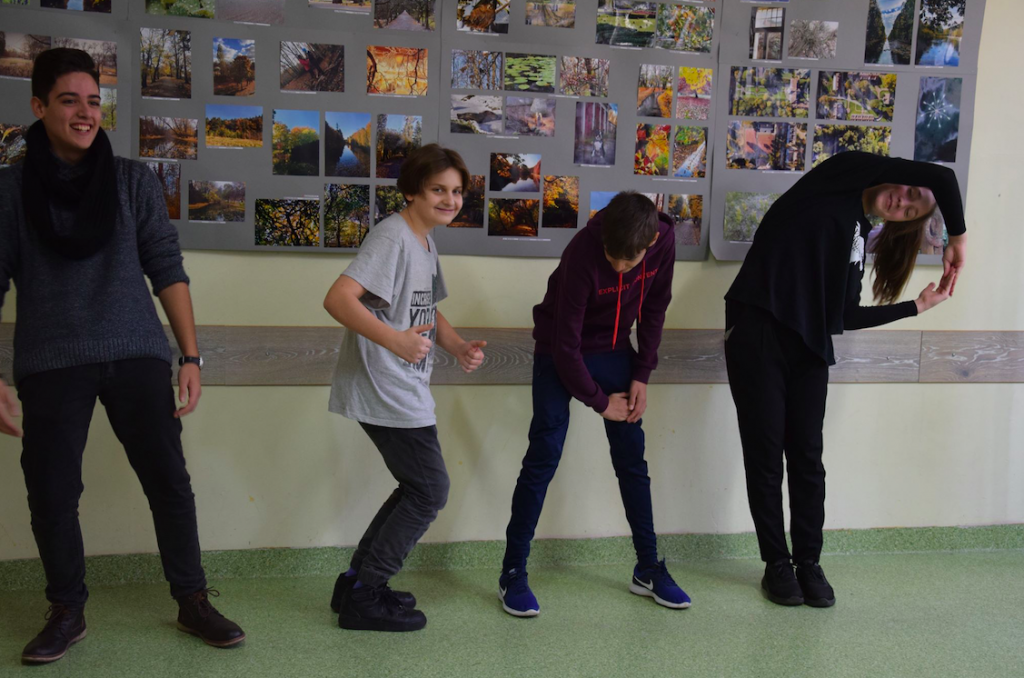
After that, students had to perform a singing of Christmas carols that had been previously practiced in every country before the visit to Poland in front of the vice president of the city, who had the courtesy to come to the school to meet us.
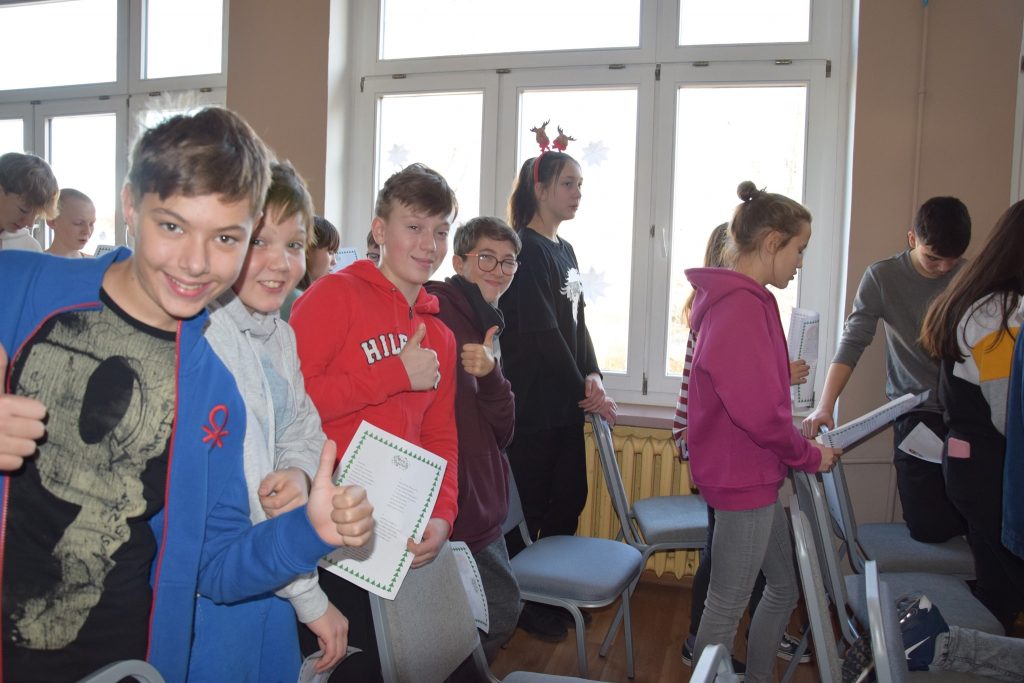
After that all the students were split into groups. Some of them did the zumba dance and played team sports, others made Christmas decorations, wooden boards with some peaceful messages on them. To sum the first day up we played Kahoot checking our knowledge of European history and geography.
Next day students took part in the sketchnotes workshop, delivered by Vitia Bartosova – Hoffman and they learned hot to illustrate their ideas, emotions and make clear visual notes.
After that students attended the workshop about time managing while others participated in the discussion about ideal school, what they should be like and what can be done to improve them and make them less stressful places. Trying to sum up what they learned the students designed their own dream classrooms and ‚manage time wisely’ reminders. We finished the day with ice skating. For some it was the first time they had ever skated. And they did it well!
The next day was the day out. We took our guests to Centre Experyment in Gdynia to let them see the most high tech science centre in the north of Poland. This modern building with an area of 3,500 sq. m houses four permanent exhibitions: Hydroworld (hydrology), The Tree of Life (nature), Operation: Human (physiology and medicine) and Invisible Forces (physics). The exhibitions feature over 150 advanced, interactive items which invite experimenting and learning about scientific curiosities. After the visit we went to Gdansk to visit Amber Museum and stroll down the streets of the Old Town.
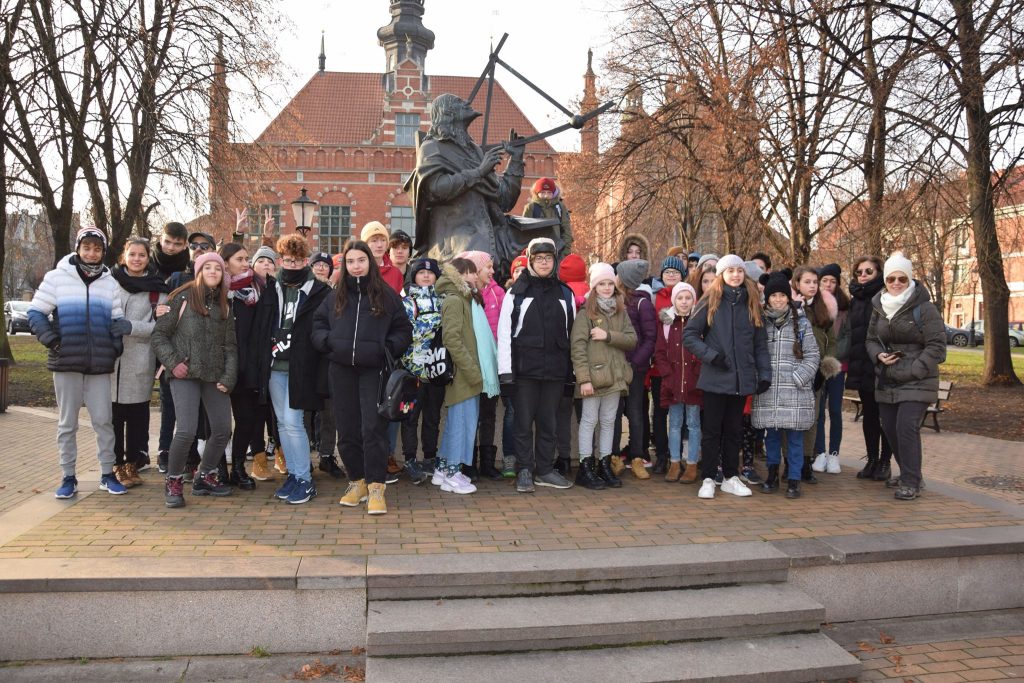
On Thursday we dealt with stress, its origins, causes, symptoms and ways of coping with it. After the workshops students made sketchnotes illustrating the the stress and its chronic consequences as well as ways of preventing or managing it.
When this workshop ended, they attended to a class focused on how to preserve the proper body posture, especially when using their mobile phones of carrying their school bags to avoid pain and damage. To remember how to maintain the proper posture they designed their own handouts with the photos of does and doesn’ts. In order to find out the most suitable learning style and the kind of dominating intelligence they participated in the multiply intelligence workshop.
At the end of the day, the hosts organized a farewell party at school, in which the students were able to share their last moments together having fun, exchanging impressions and listening and dancing with music from the four countries.
As final activity, students had to record a podcast about all the issues they had been working on during all the week. The topics to be put across were the negative effects of the stress, anti-stress activities, how to learn effectively, the ideal classroom and how to manage their time. They were divided in groups, they revised the topics, wrote the script and recorded the opening for the podcast and its content. All these was conducted and revised by the teachers all the time, to ensure that the topics were fully covered and that this product of the project met the expectations.
At the end of the day, there was a final meeting in the Erasmus+ hall with all the students to share opinions and asses the experience and their contribution to the objectives of the project. To finish they were awarded with a certificate for their participation in this mobility.
